88 Best Alcohol and Drug Rehabs in Maine 2025
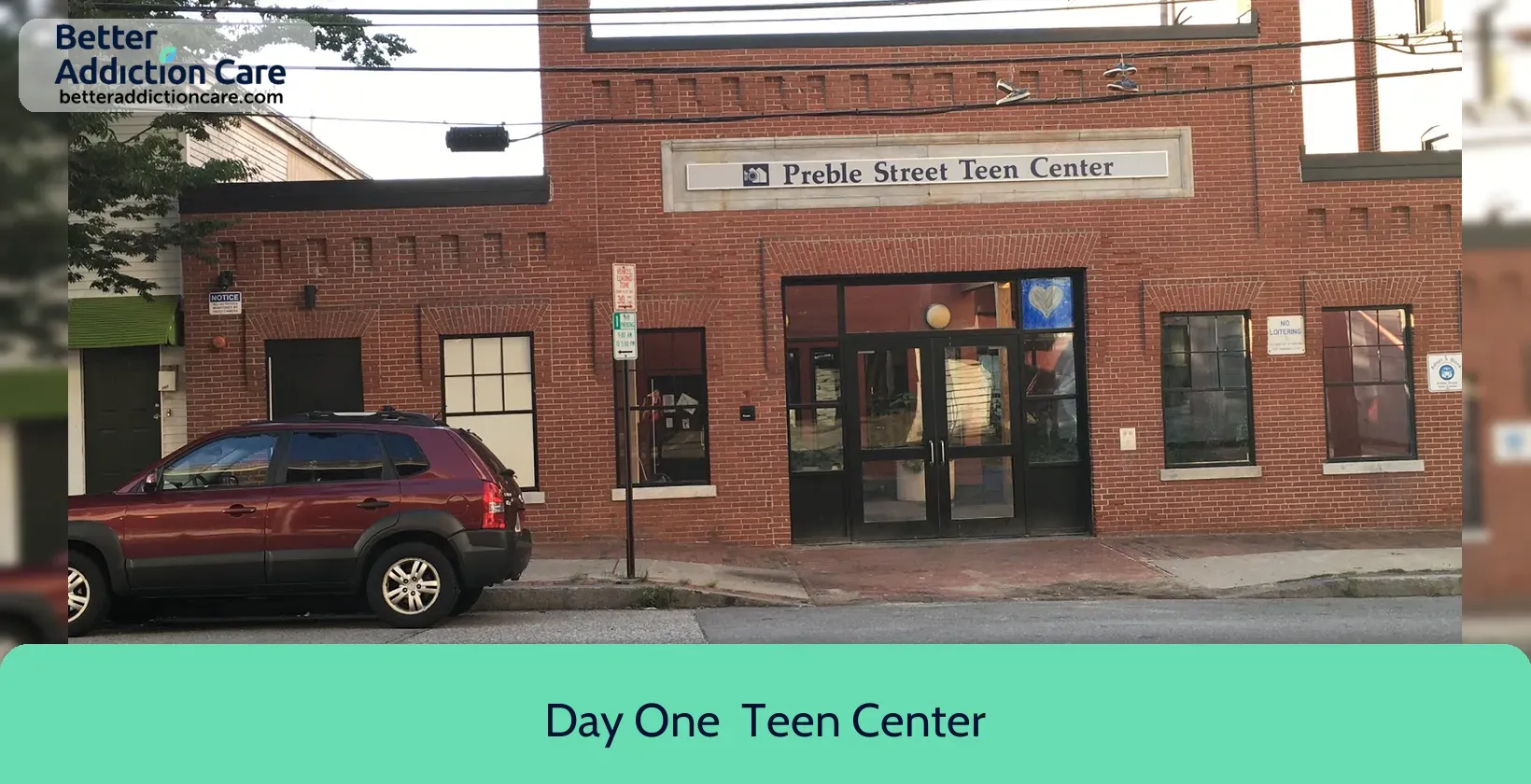
6.82
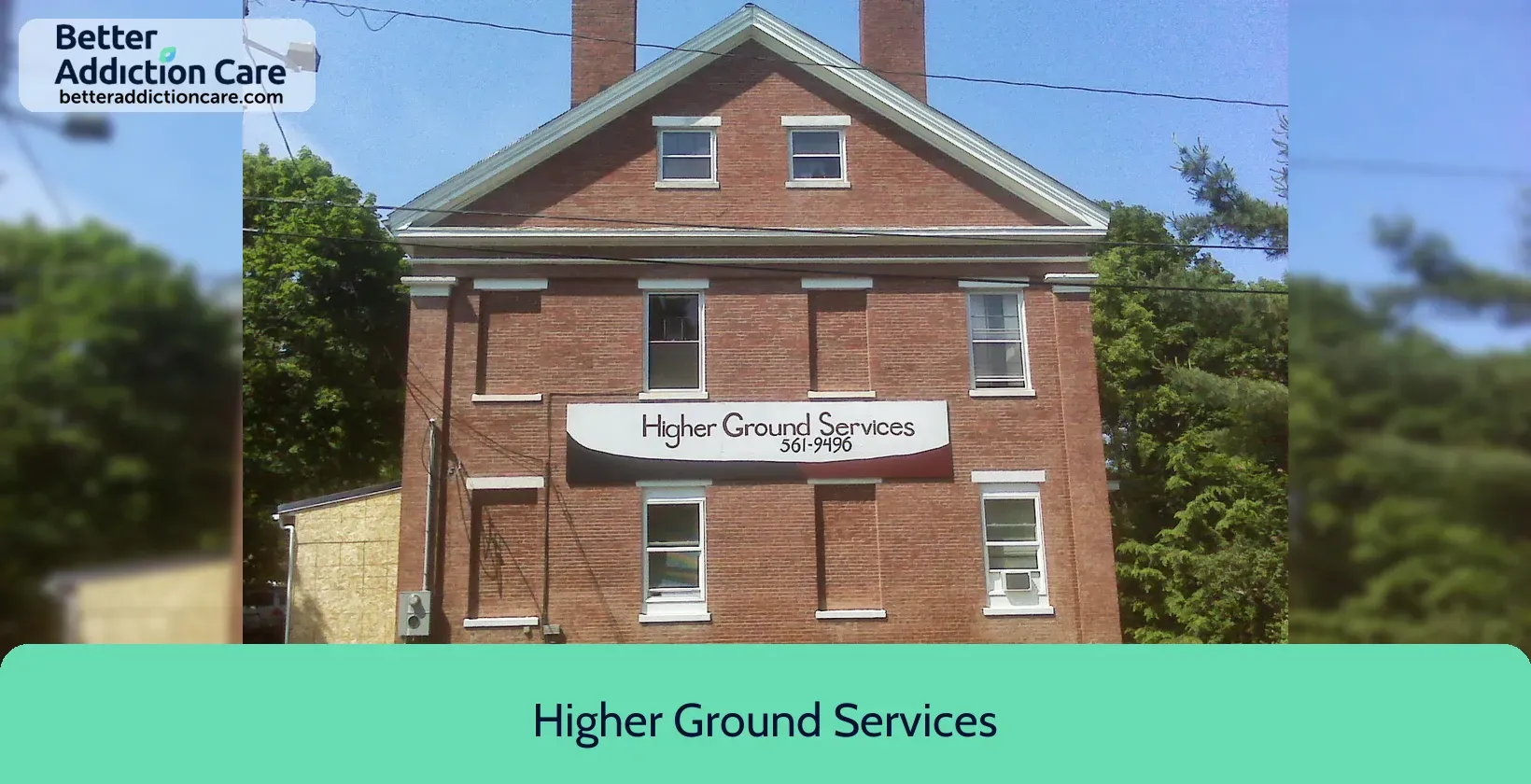
7.00
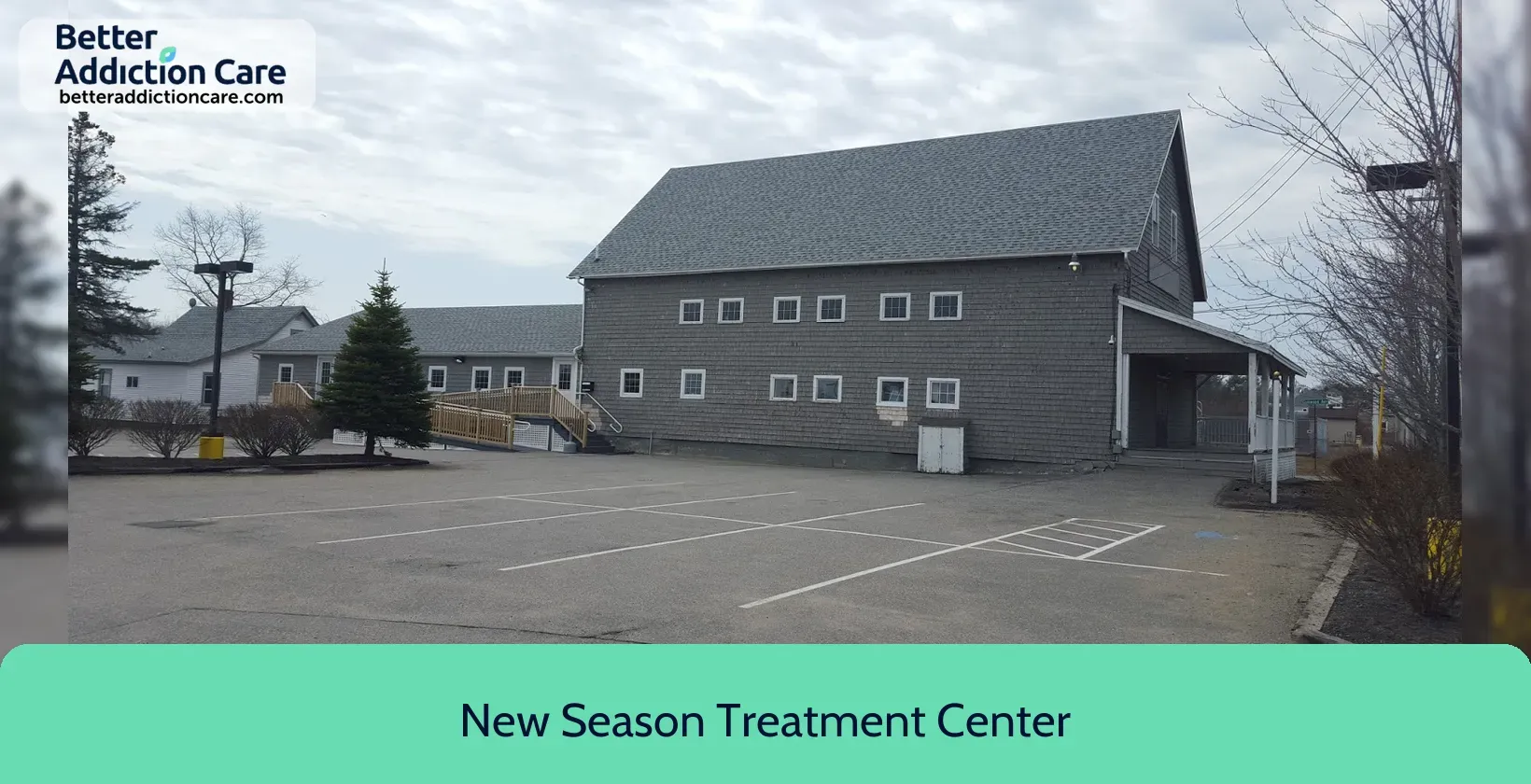
7.12
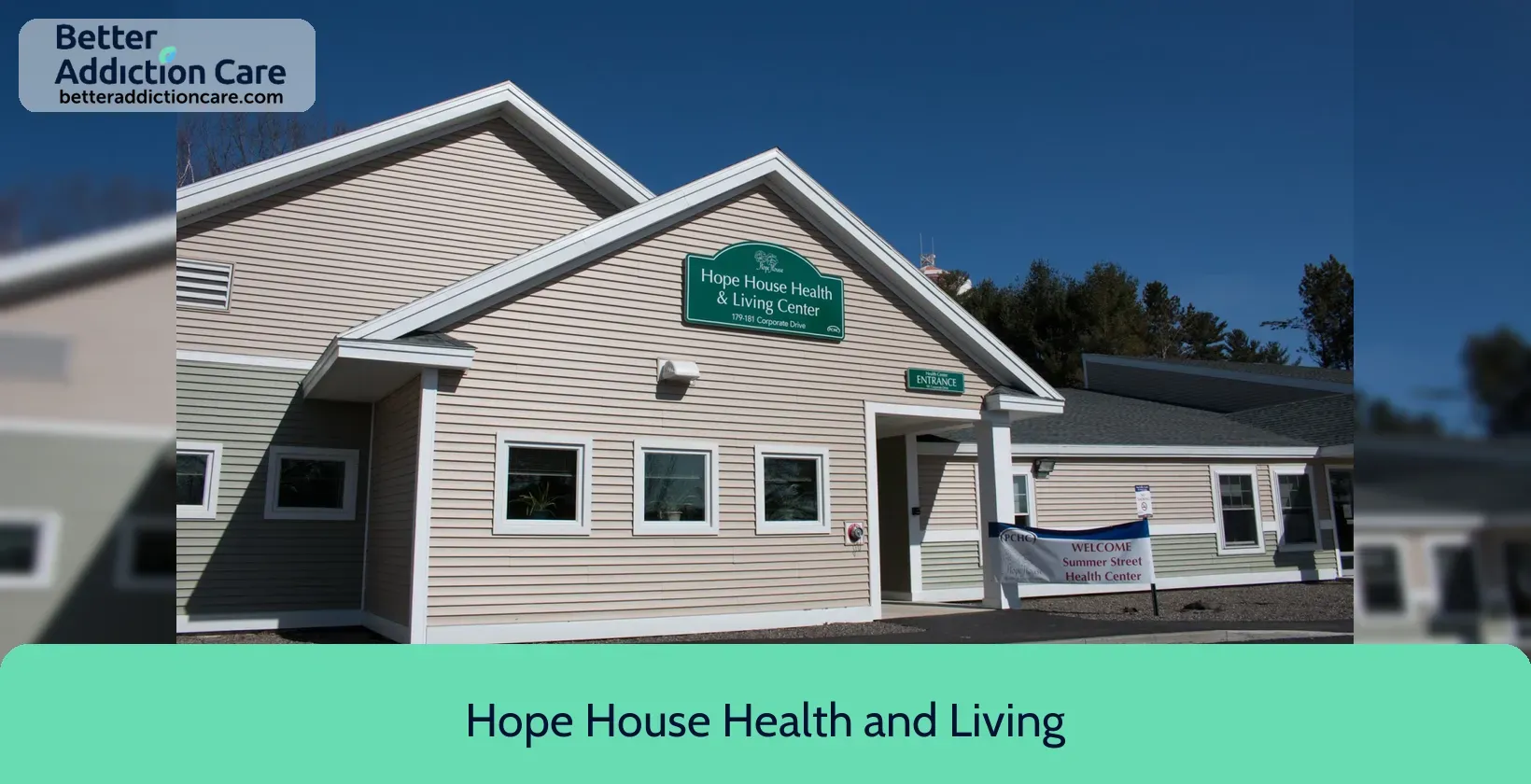
7.52
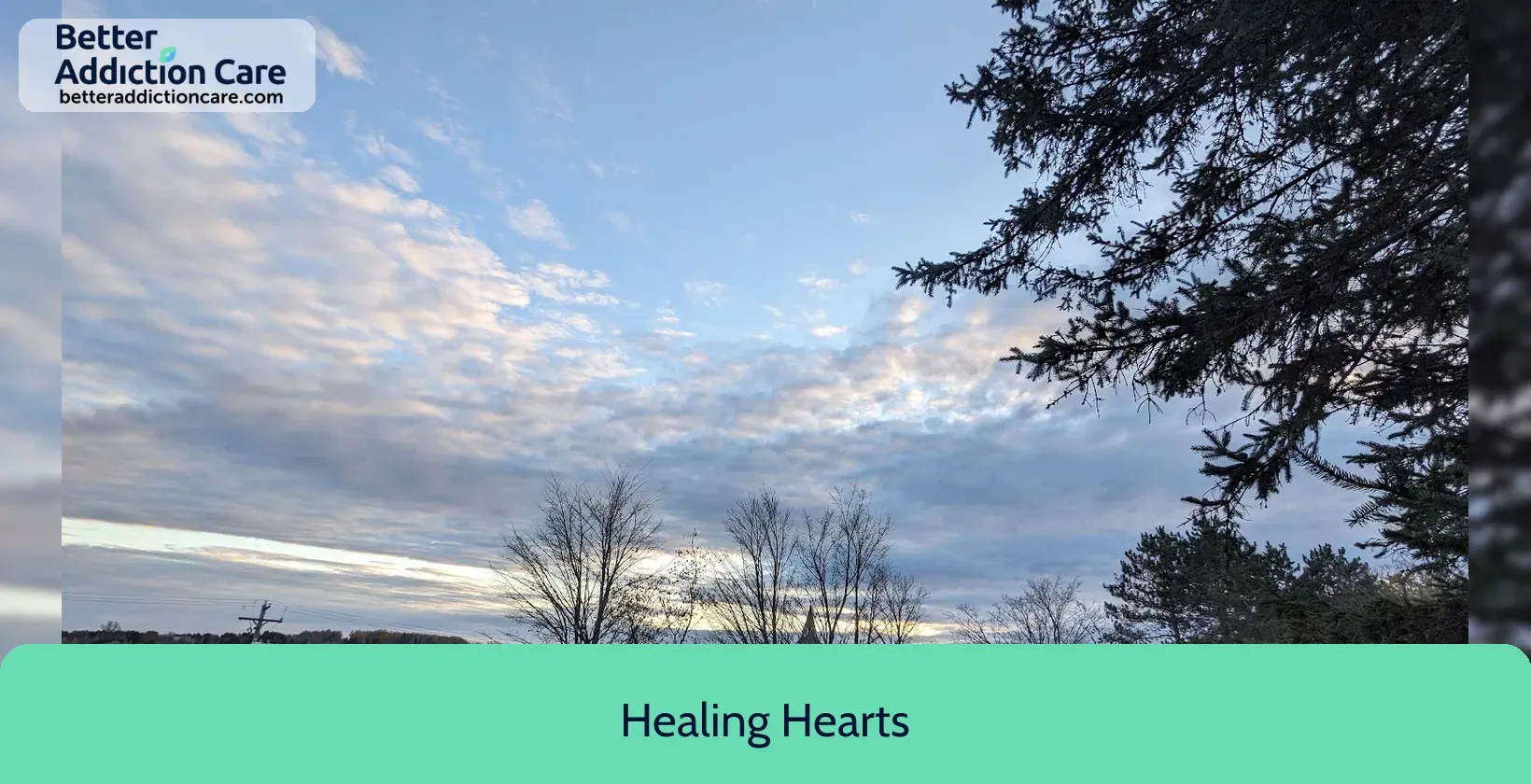
6.97
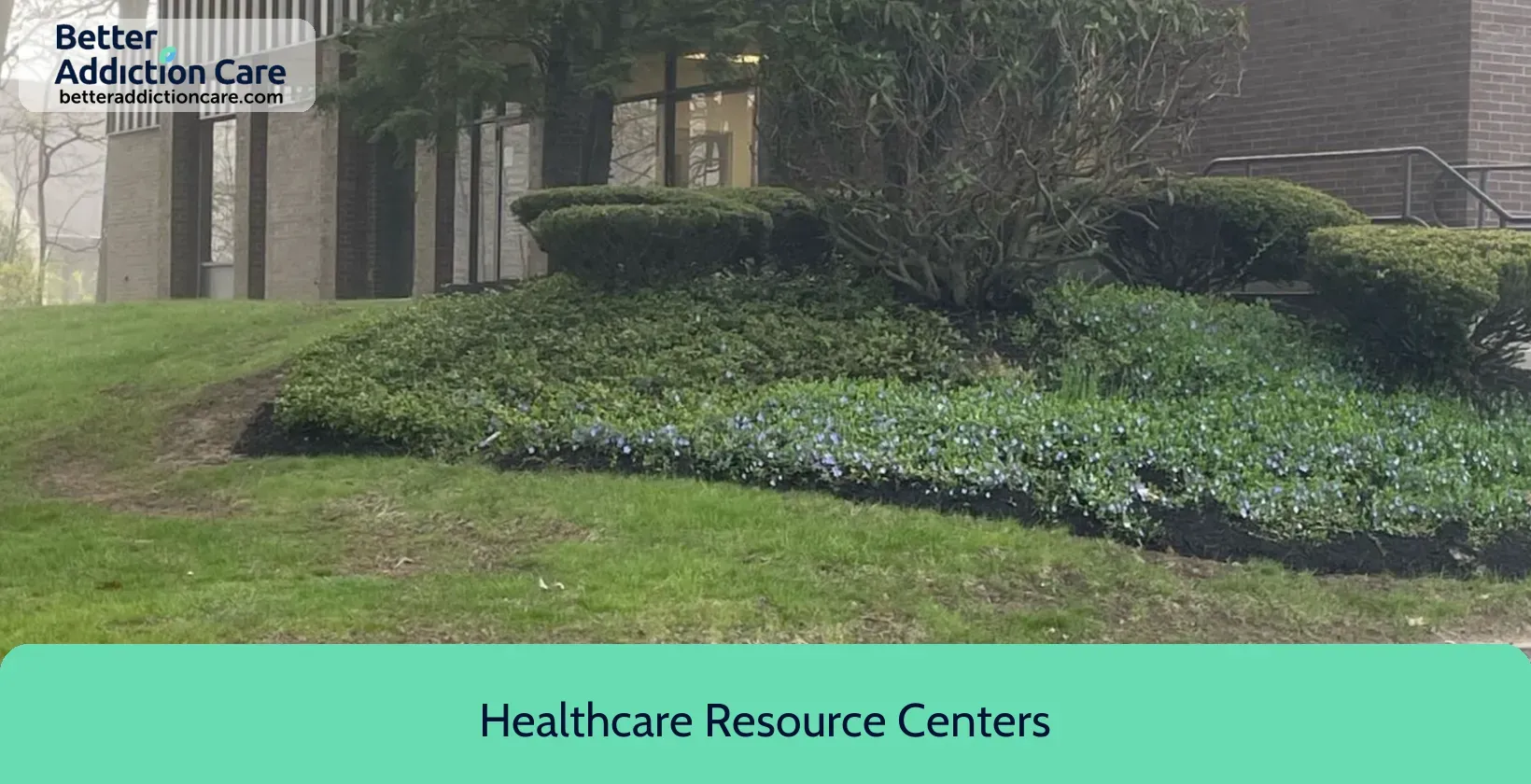
7.18
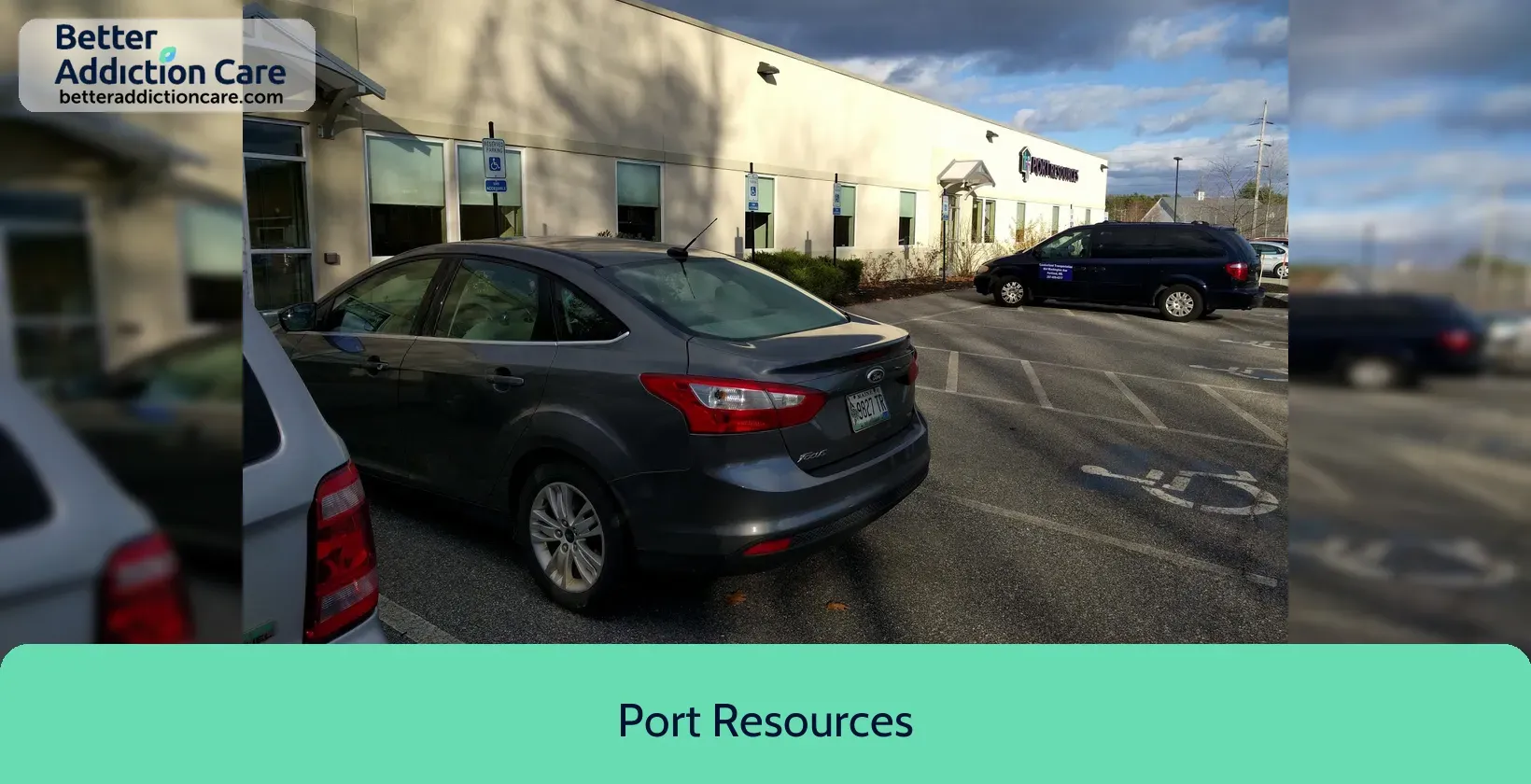
6.77
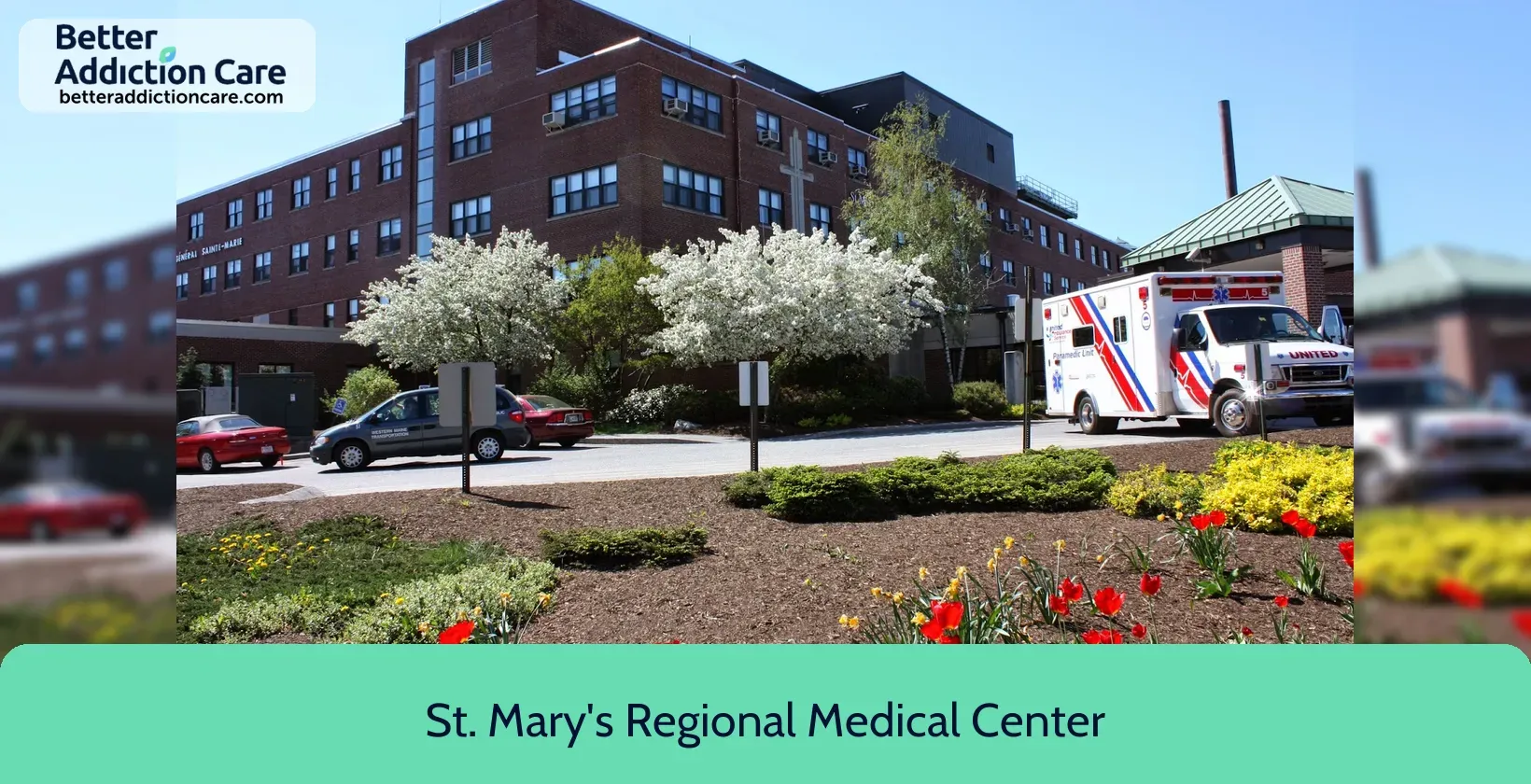
7.80
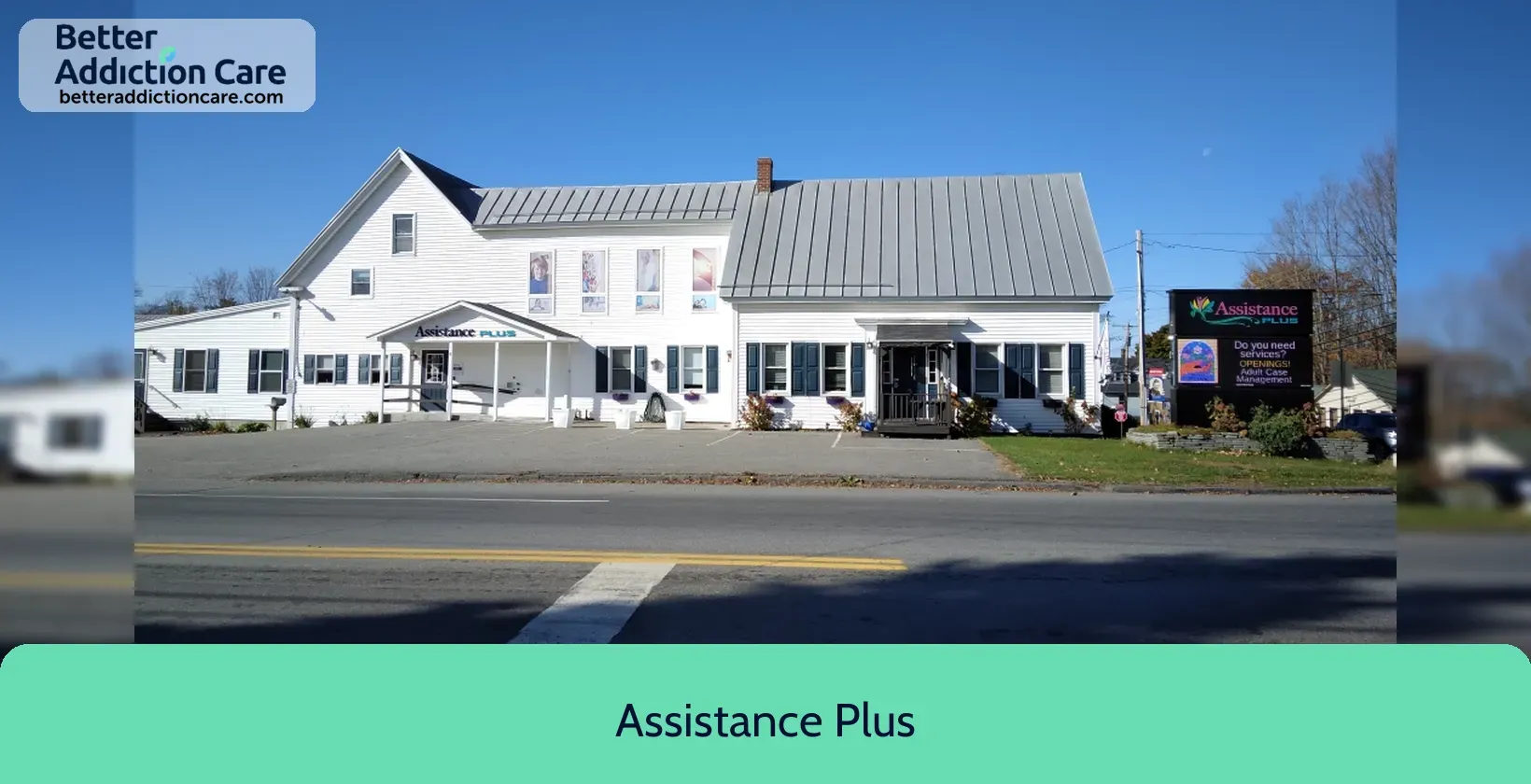
6.65
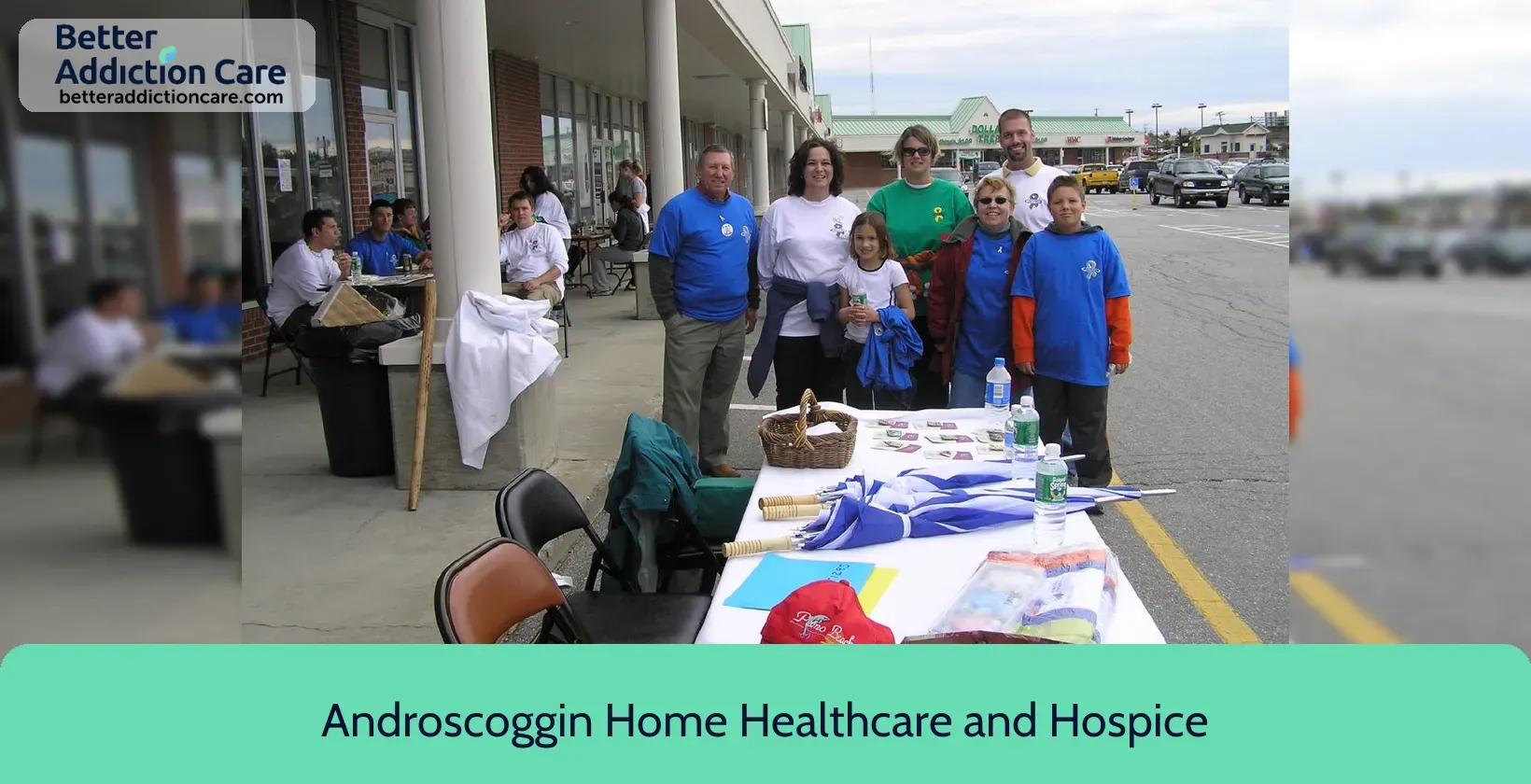
6.56
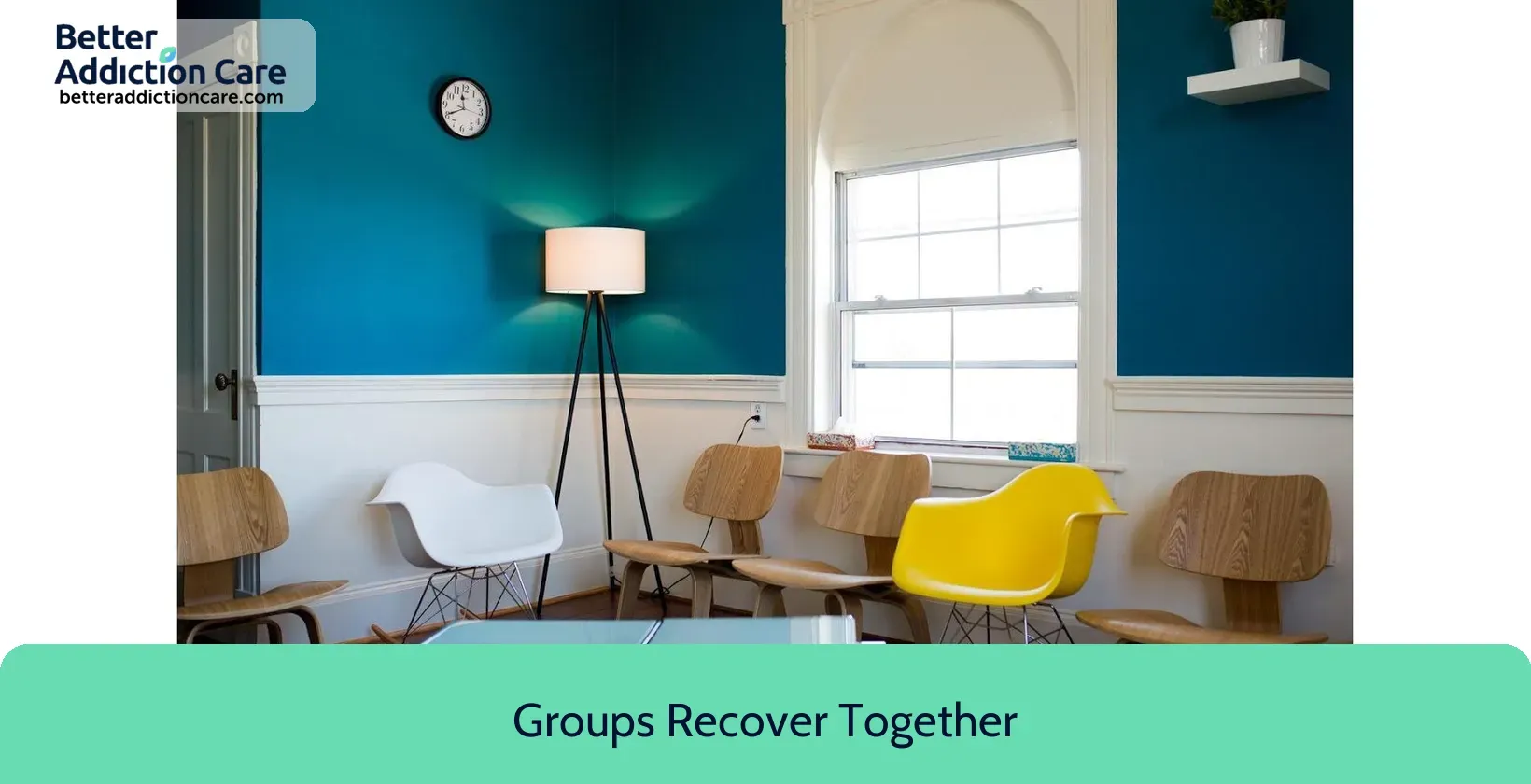
6.84
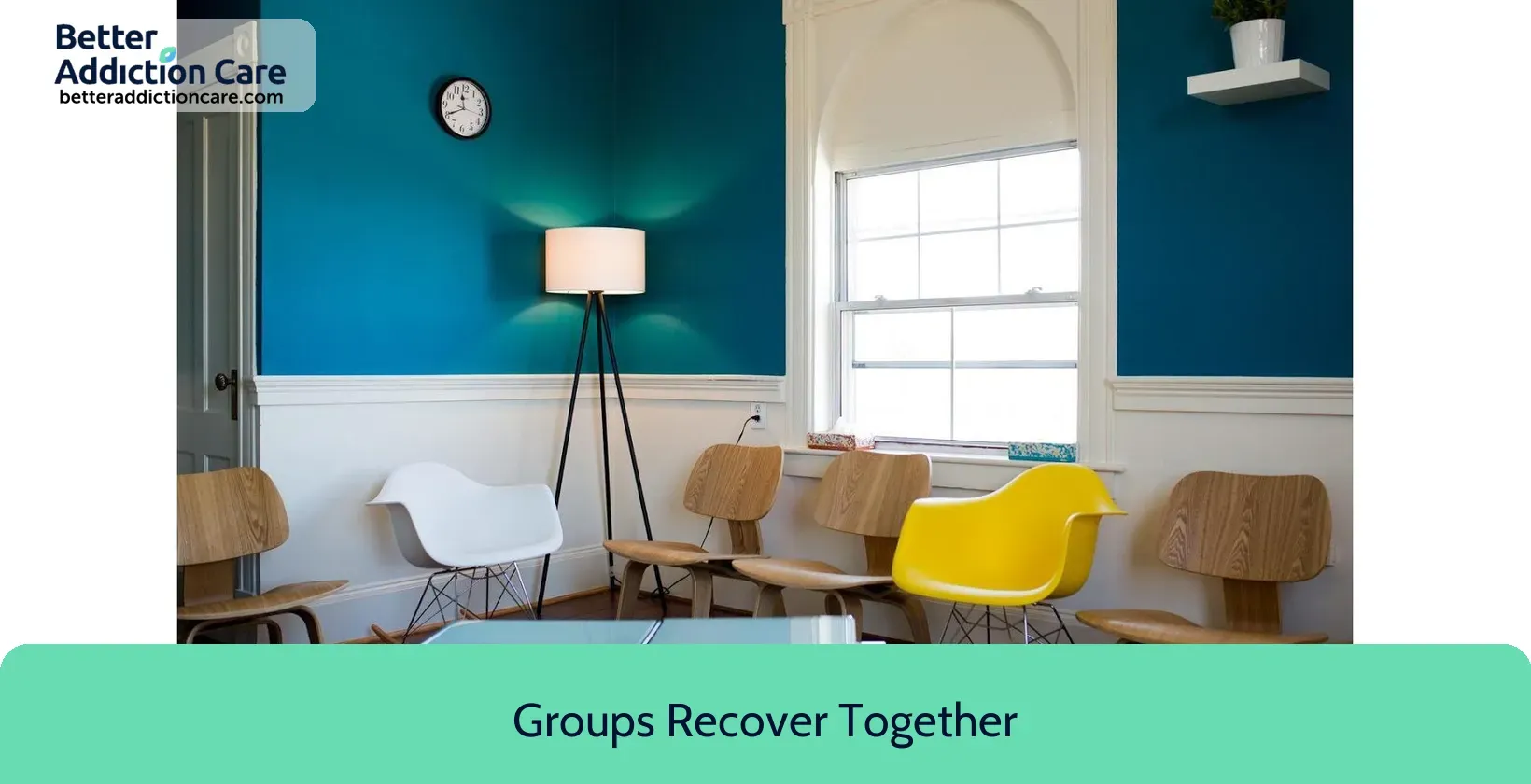
6.84
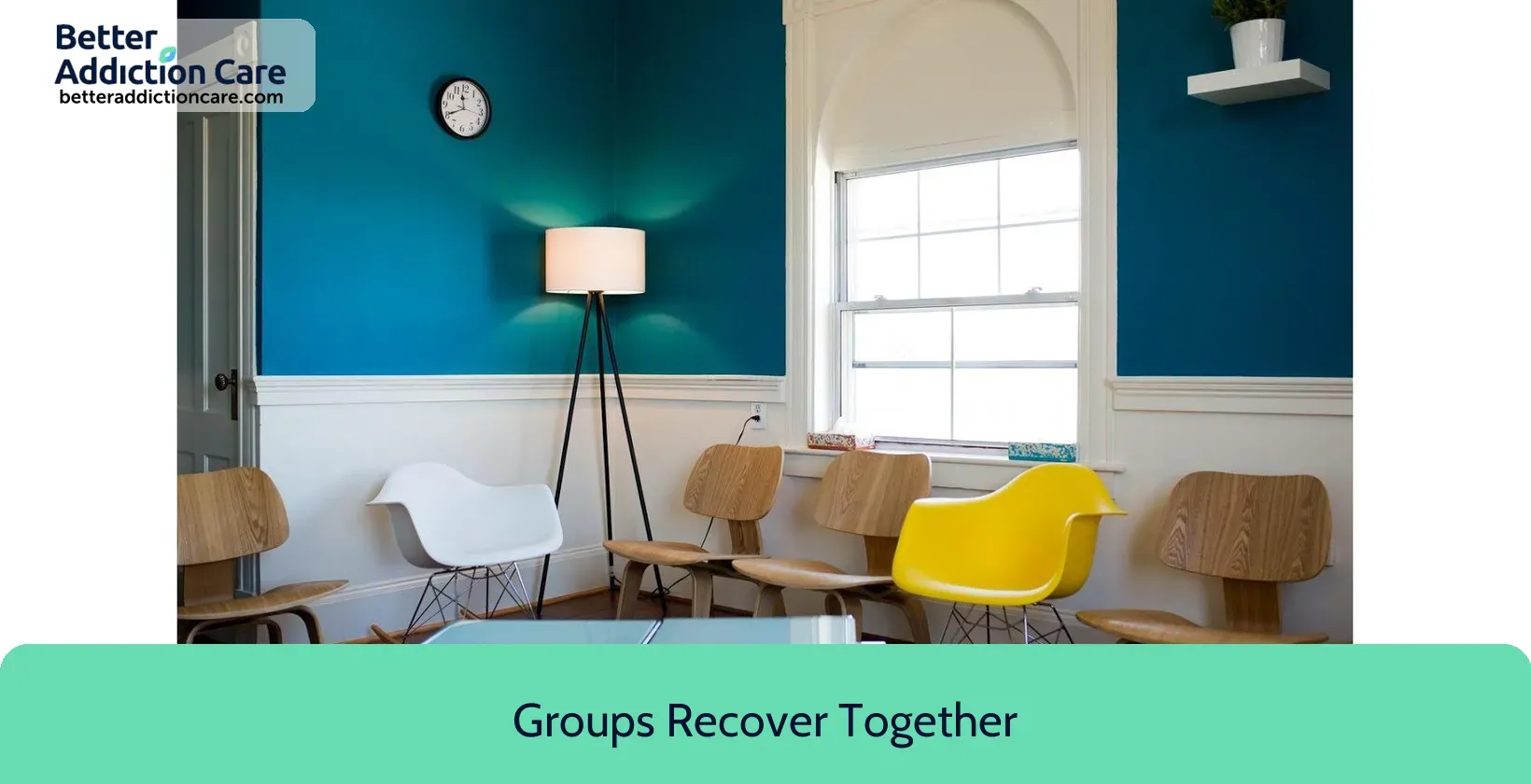
6.84
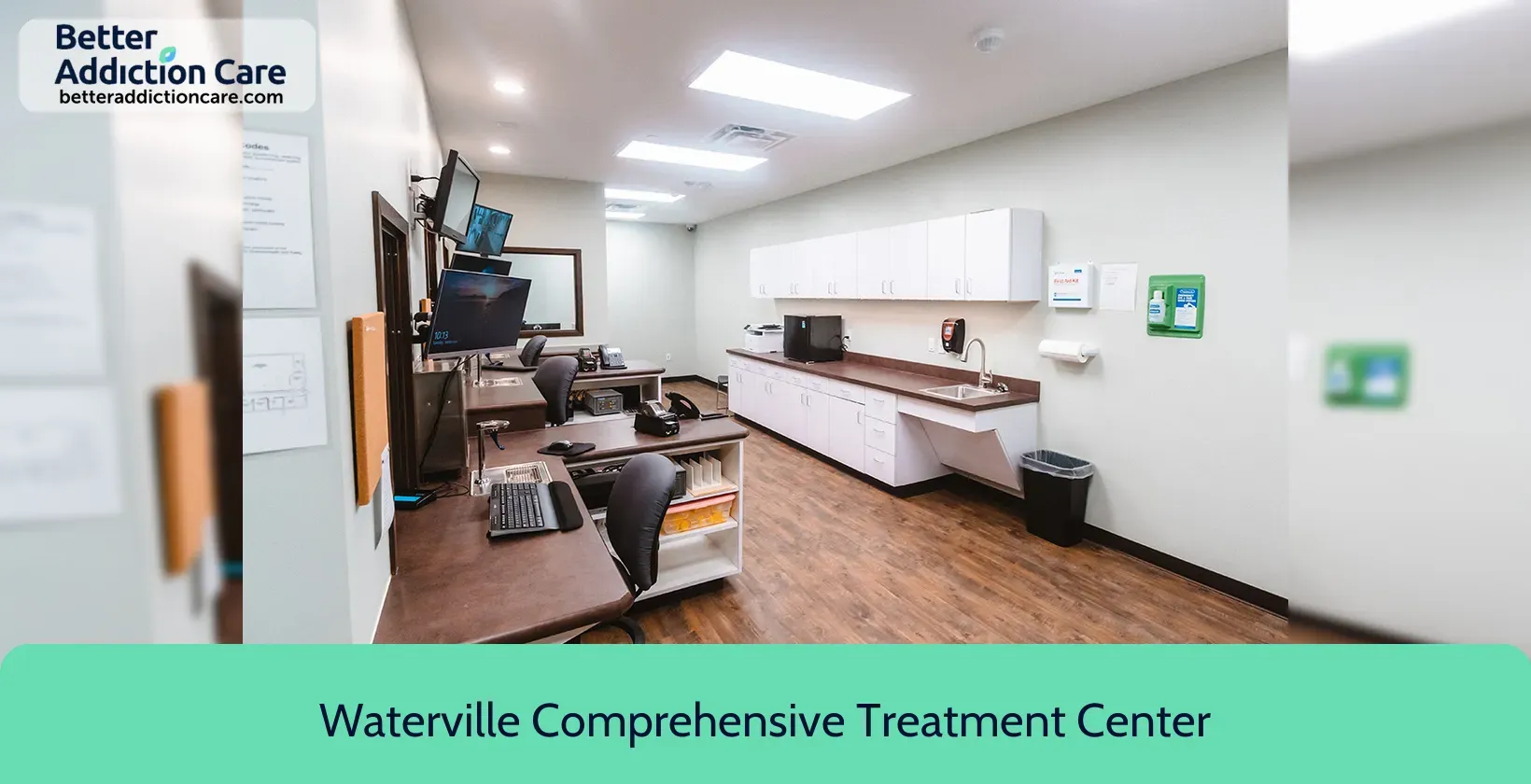
7.13
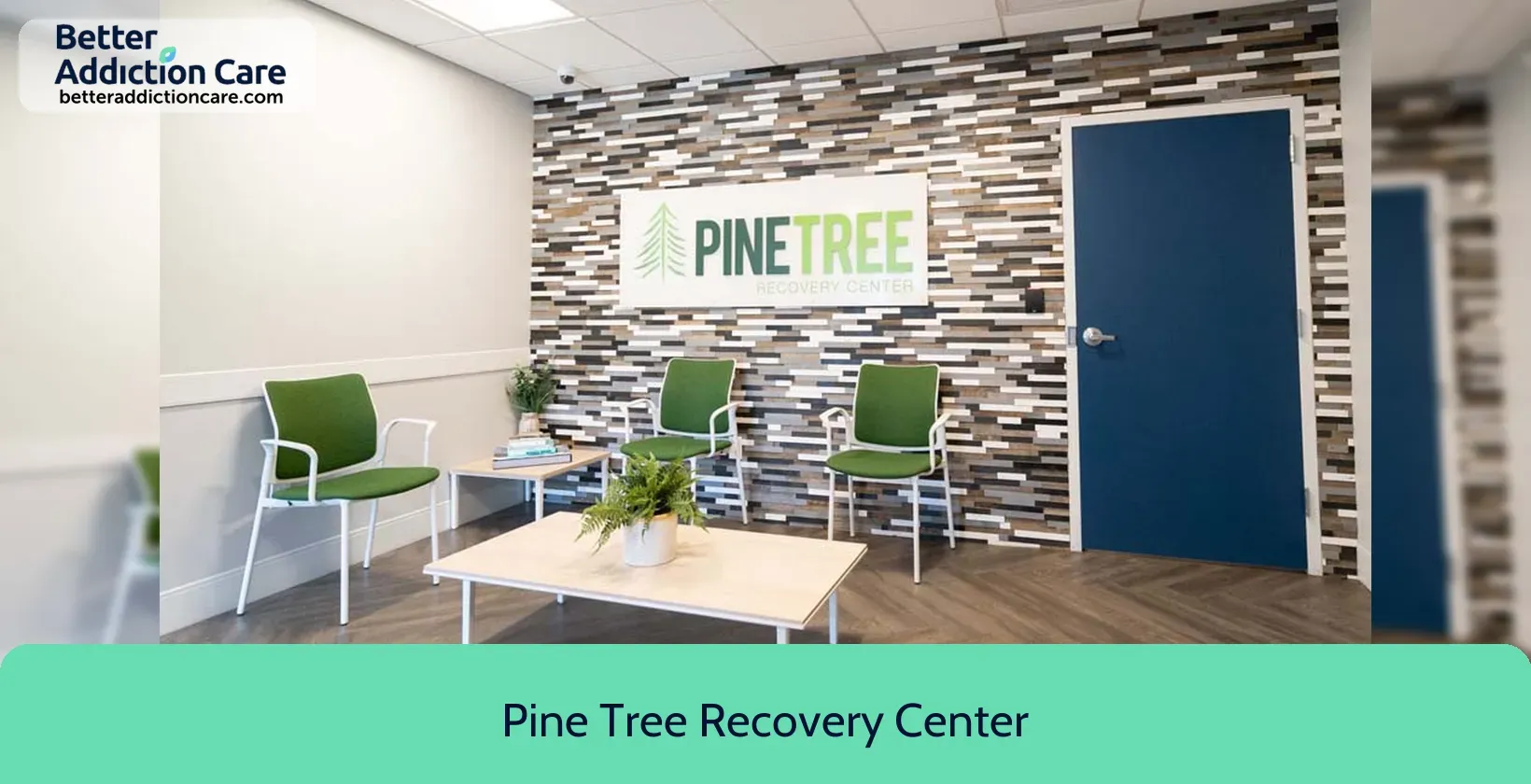
7.20
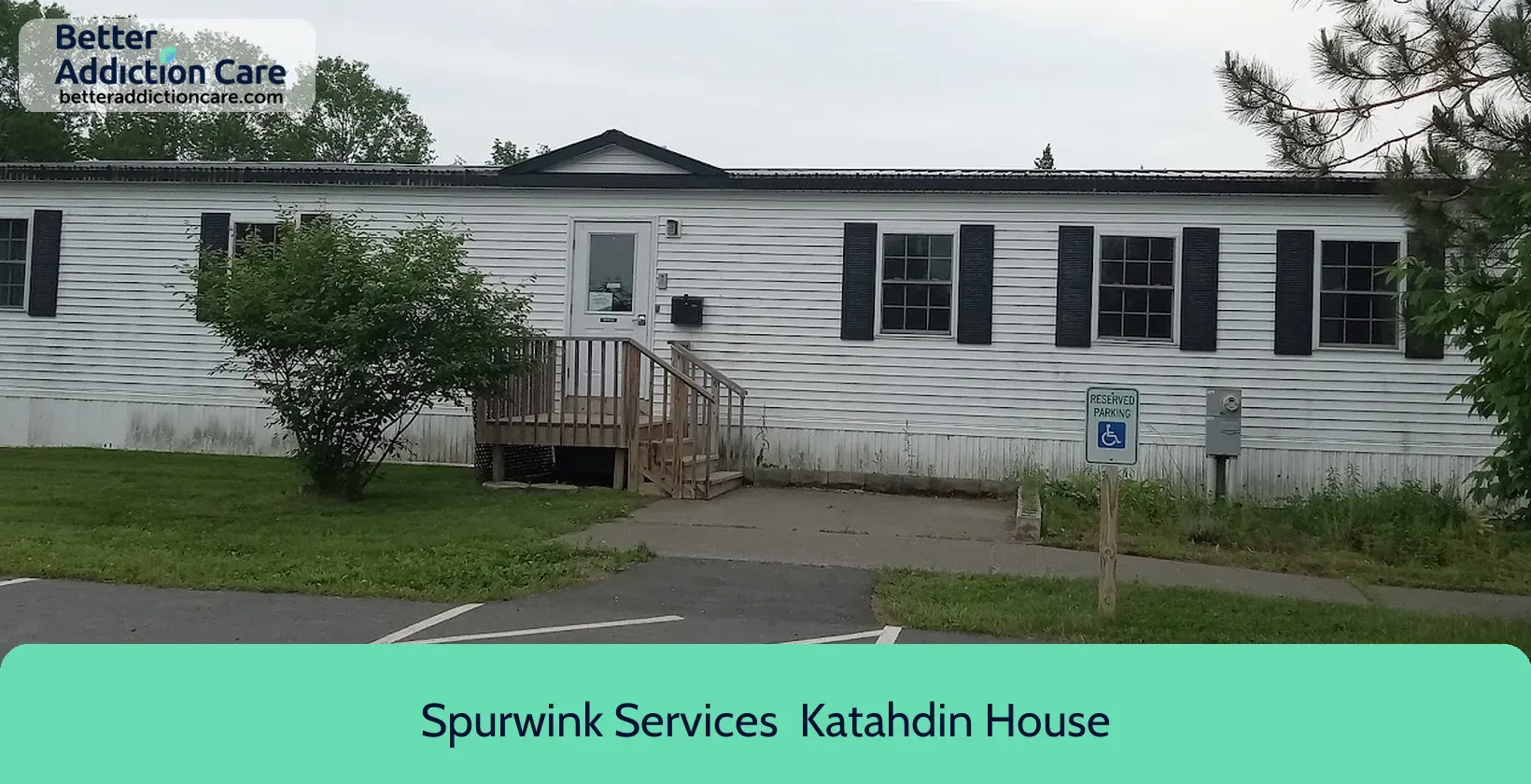
6.68
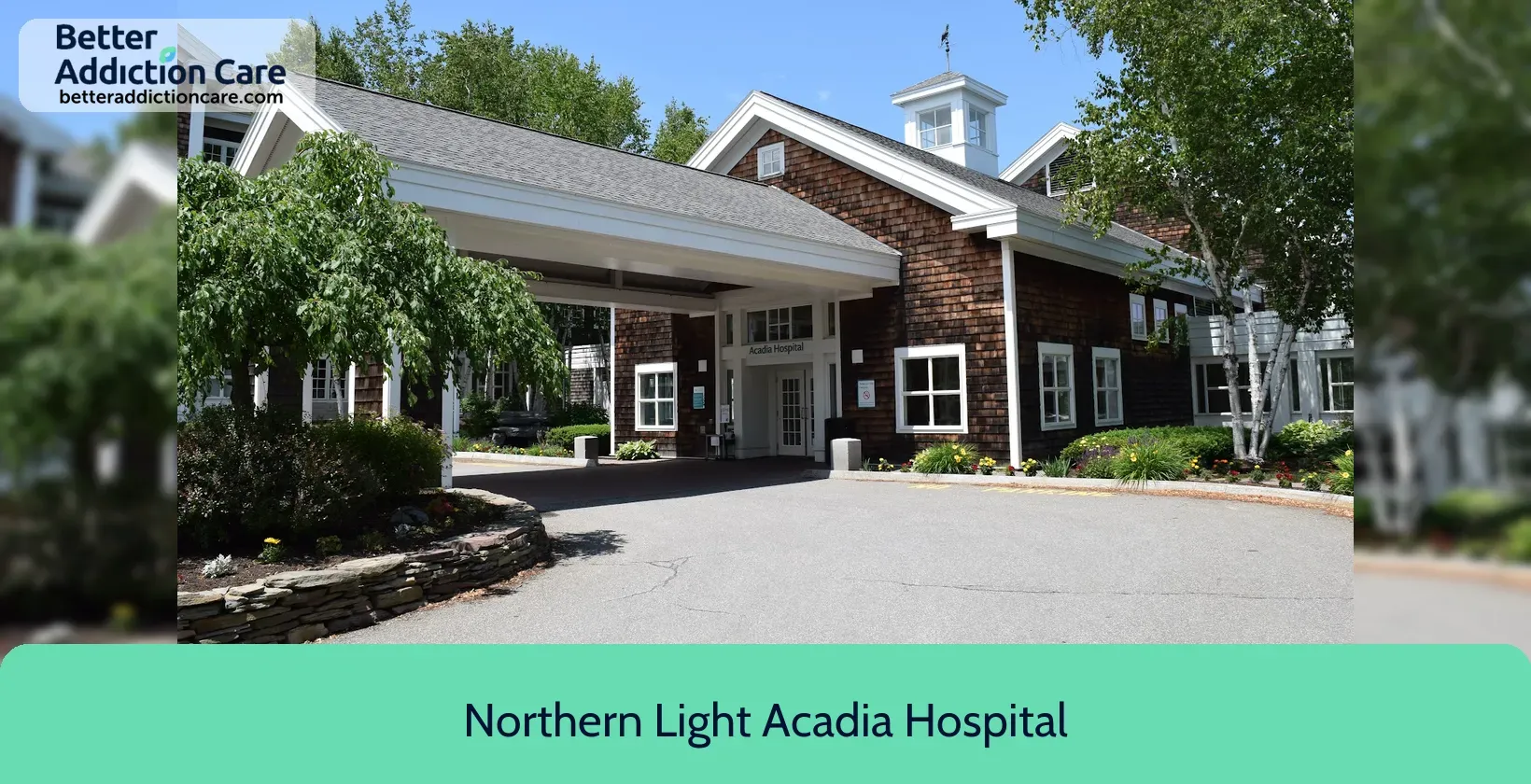
7.66
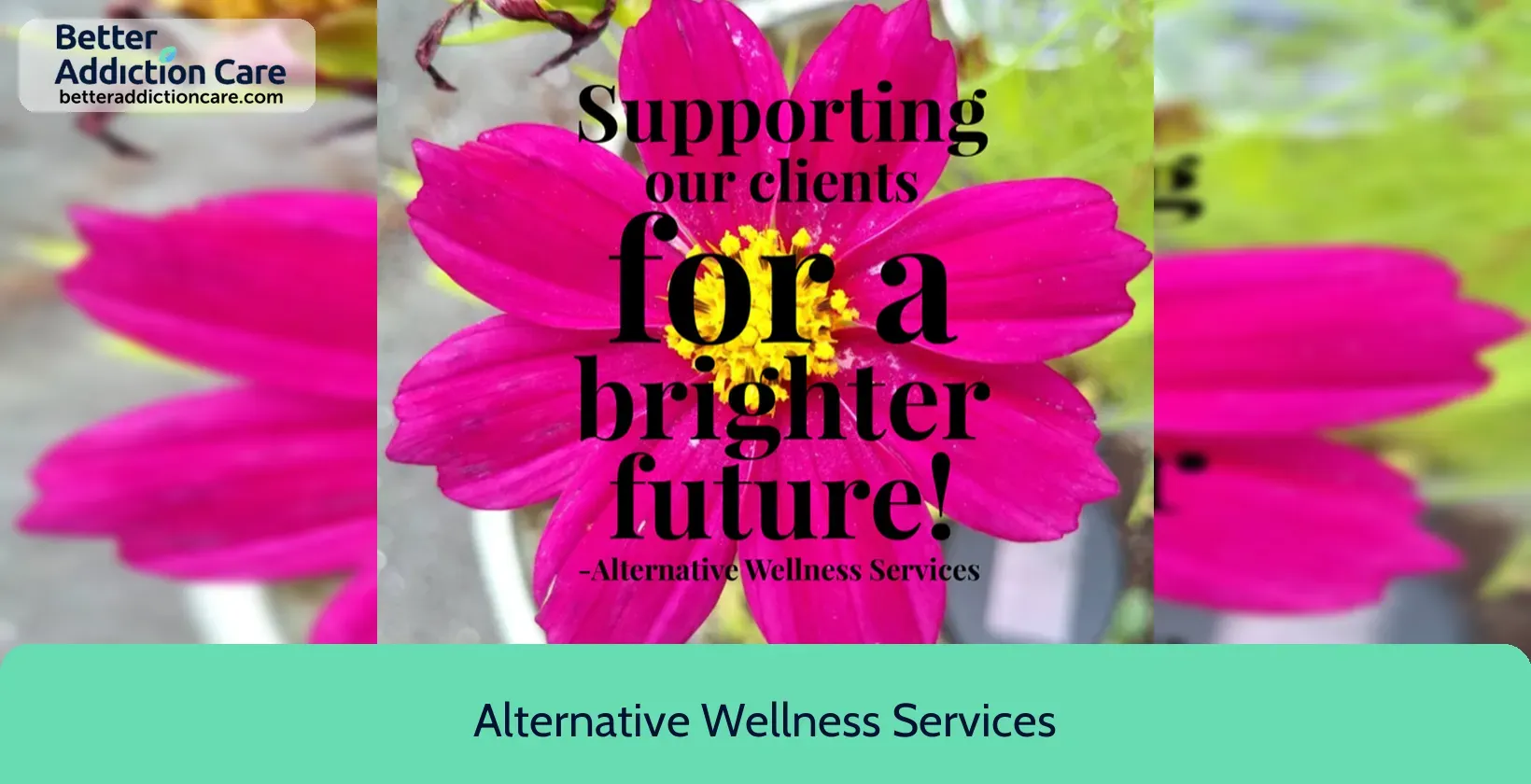
6.99
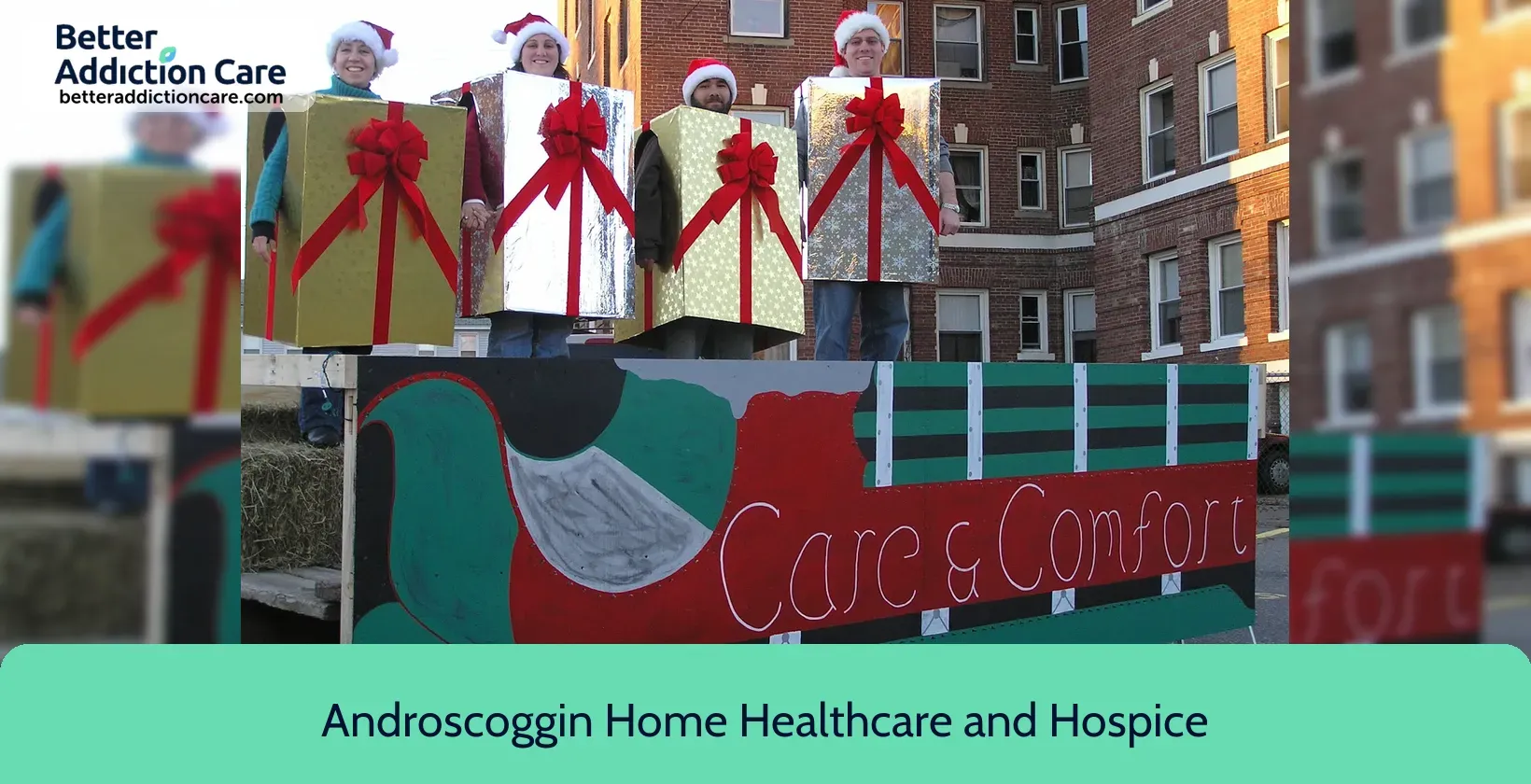
6.56
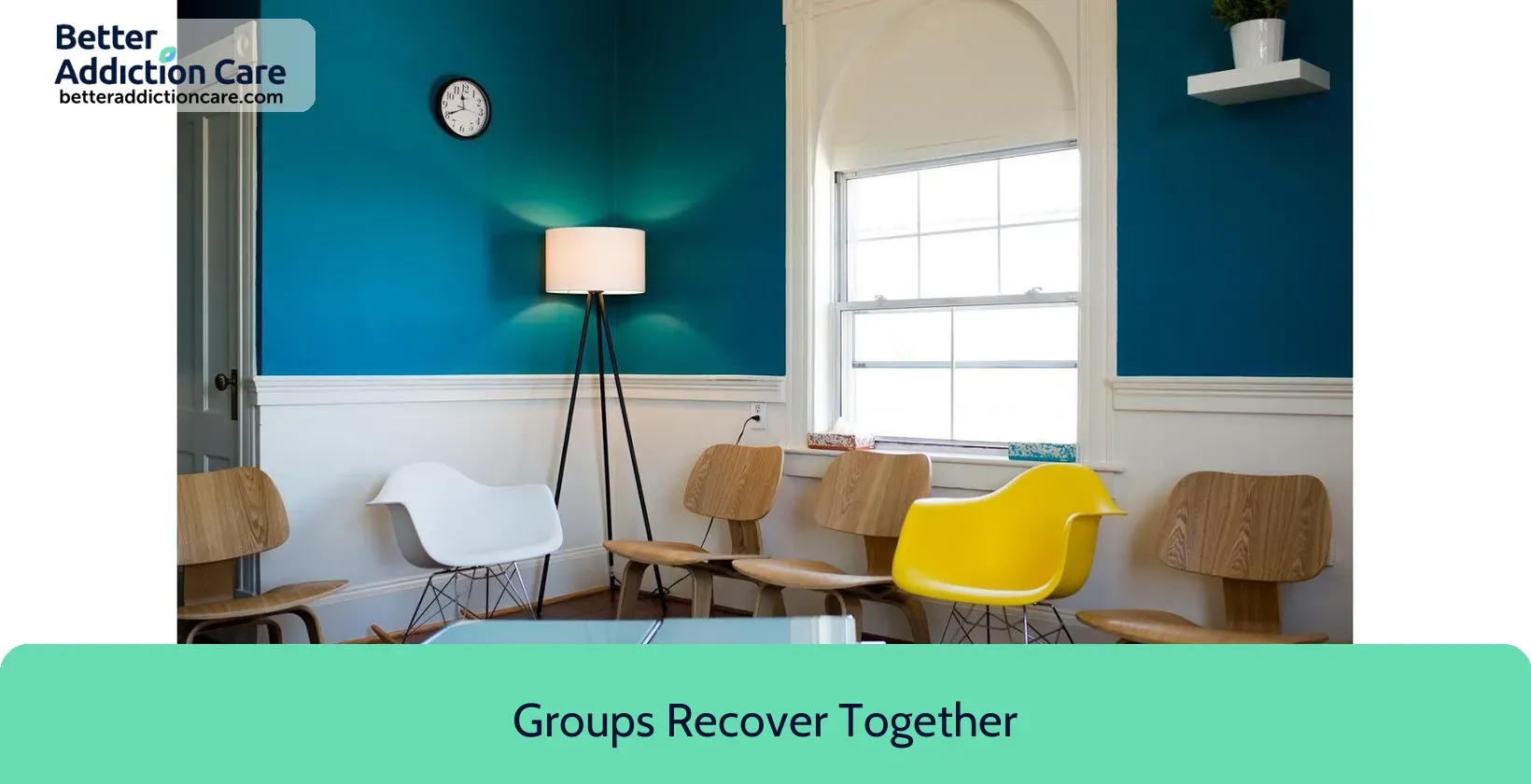
6.84
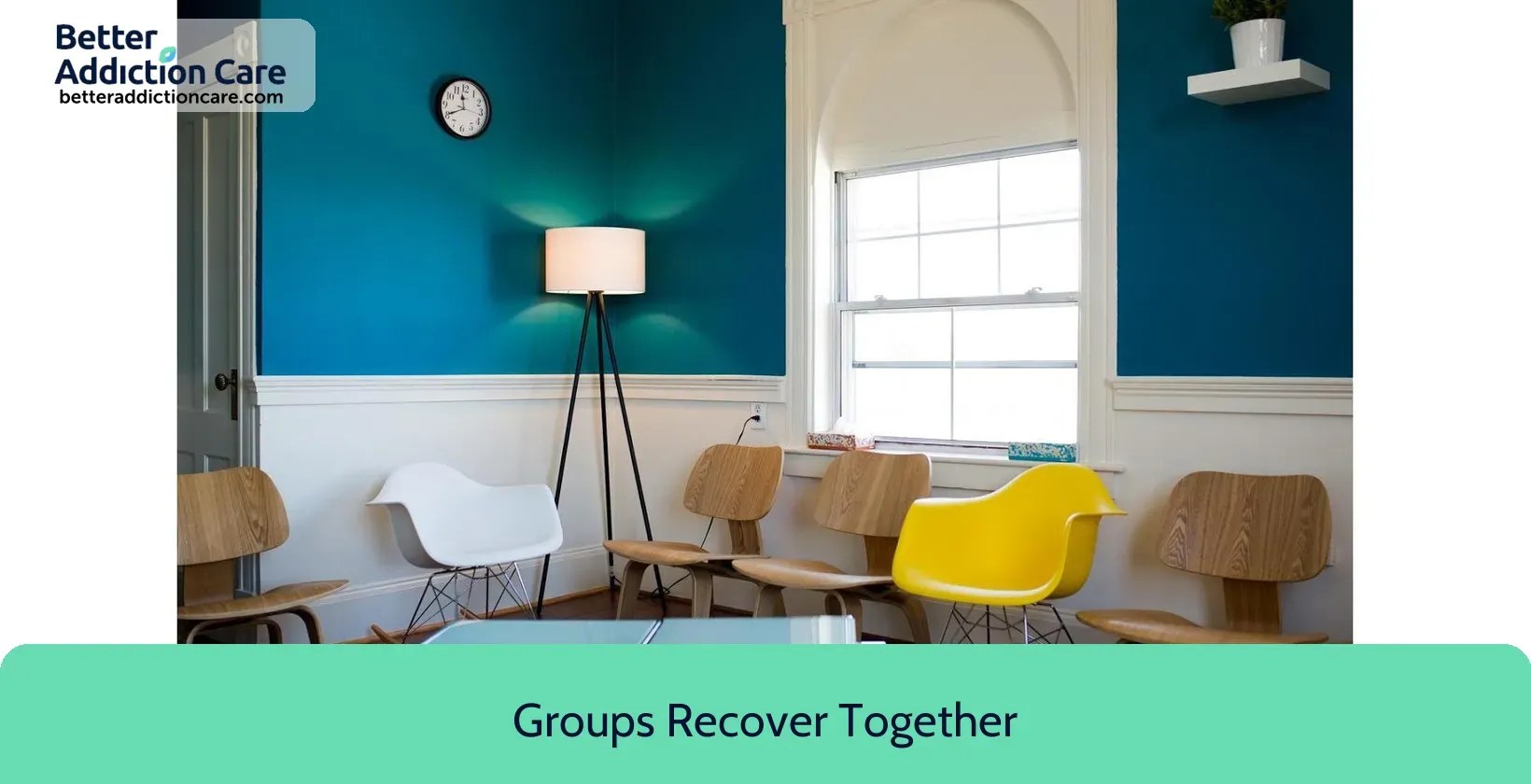
6.84
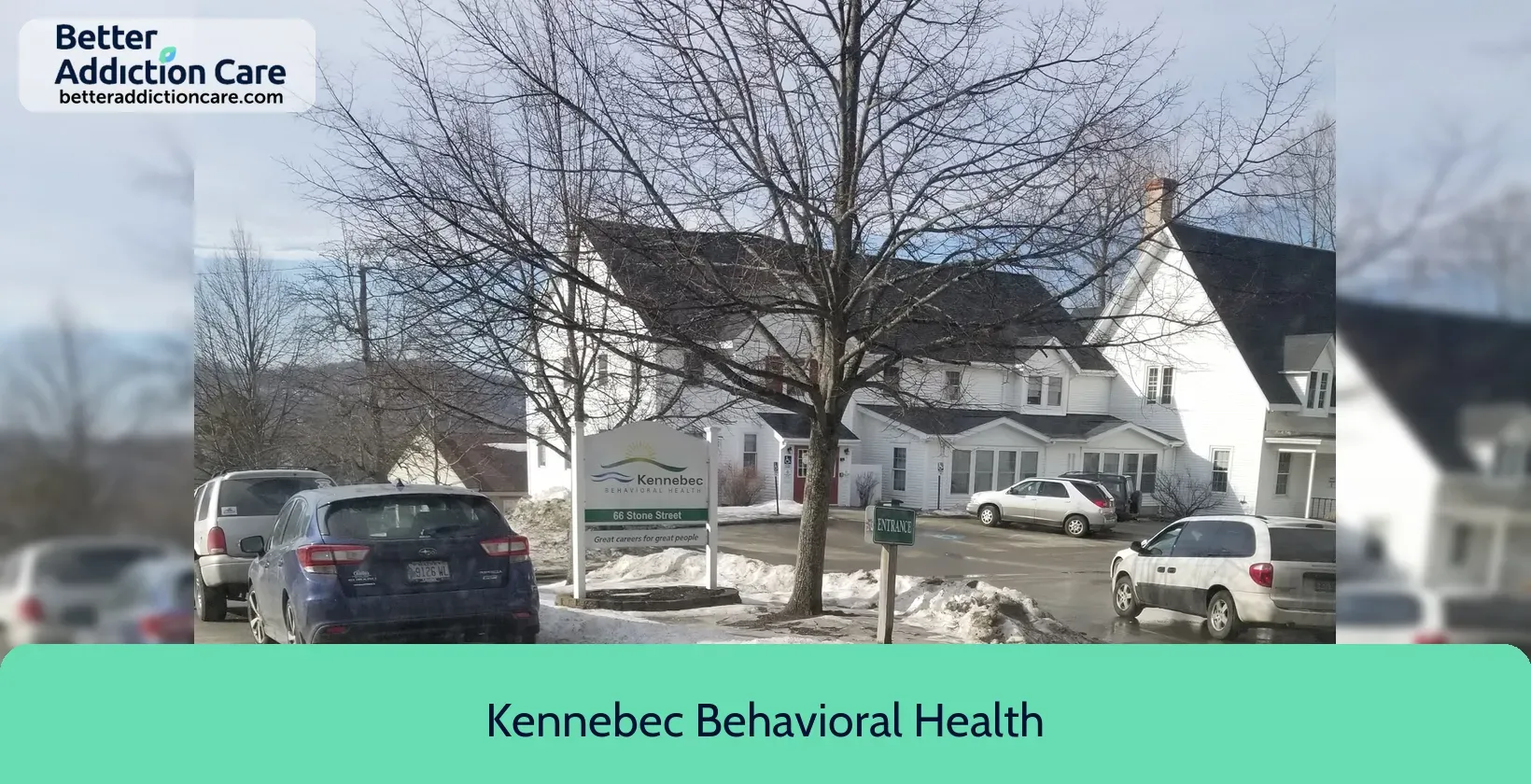
7.14
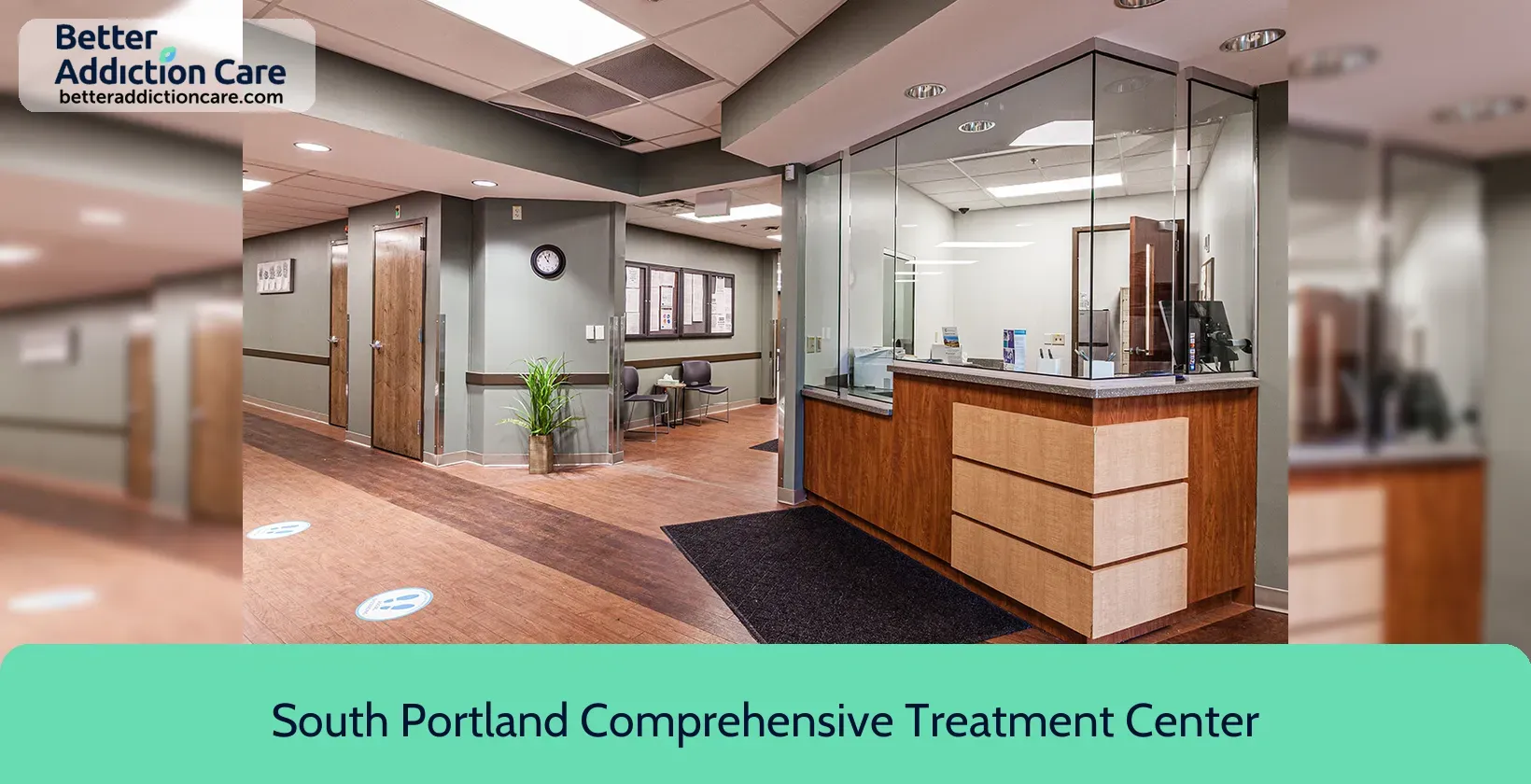
7.16
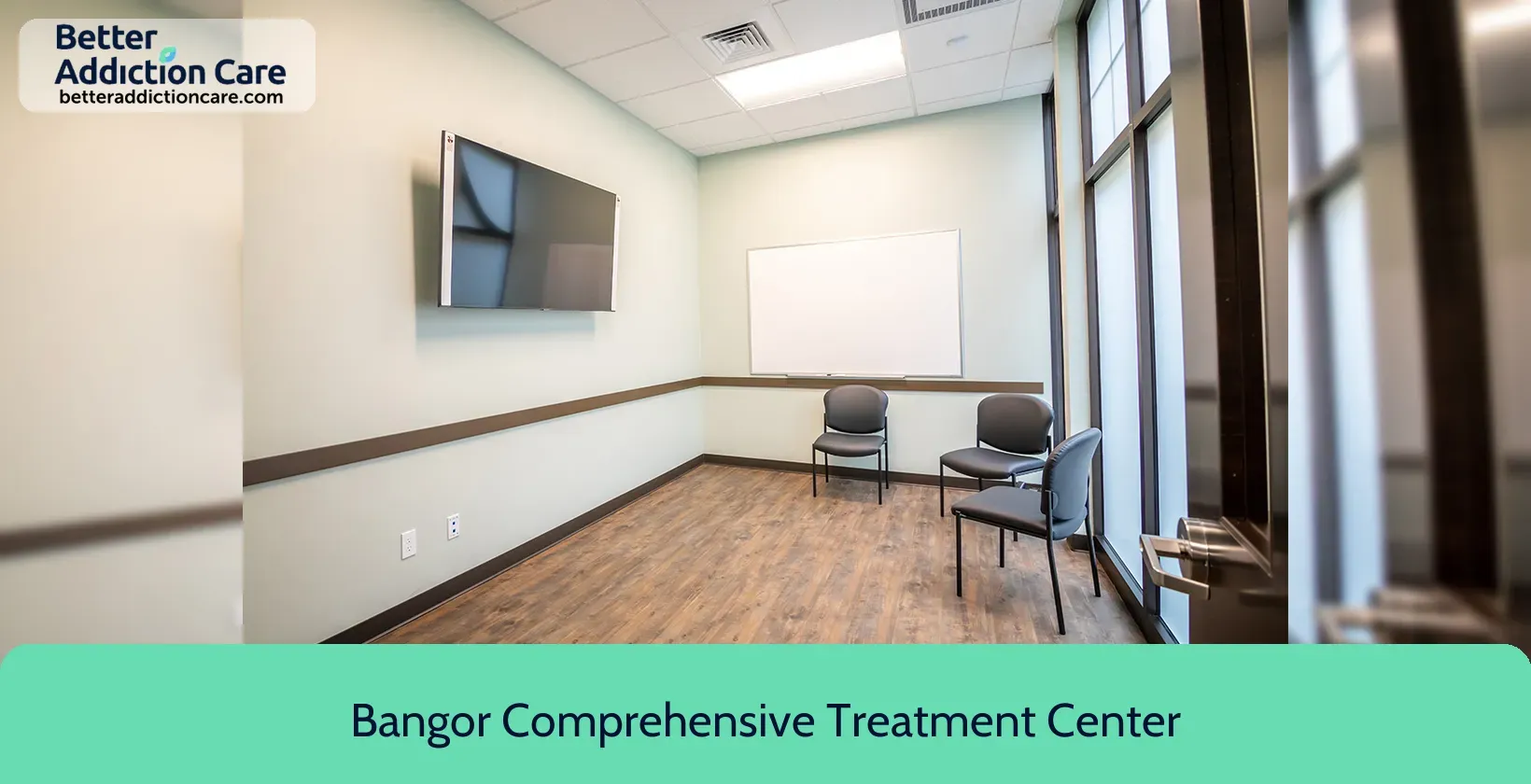
7.31
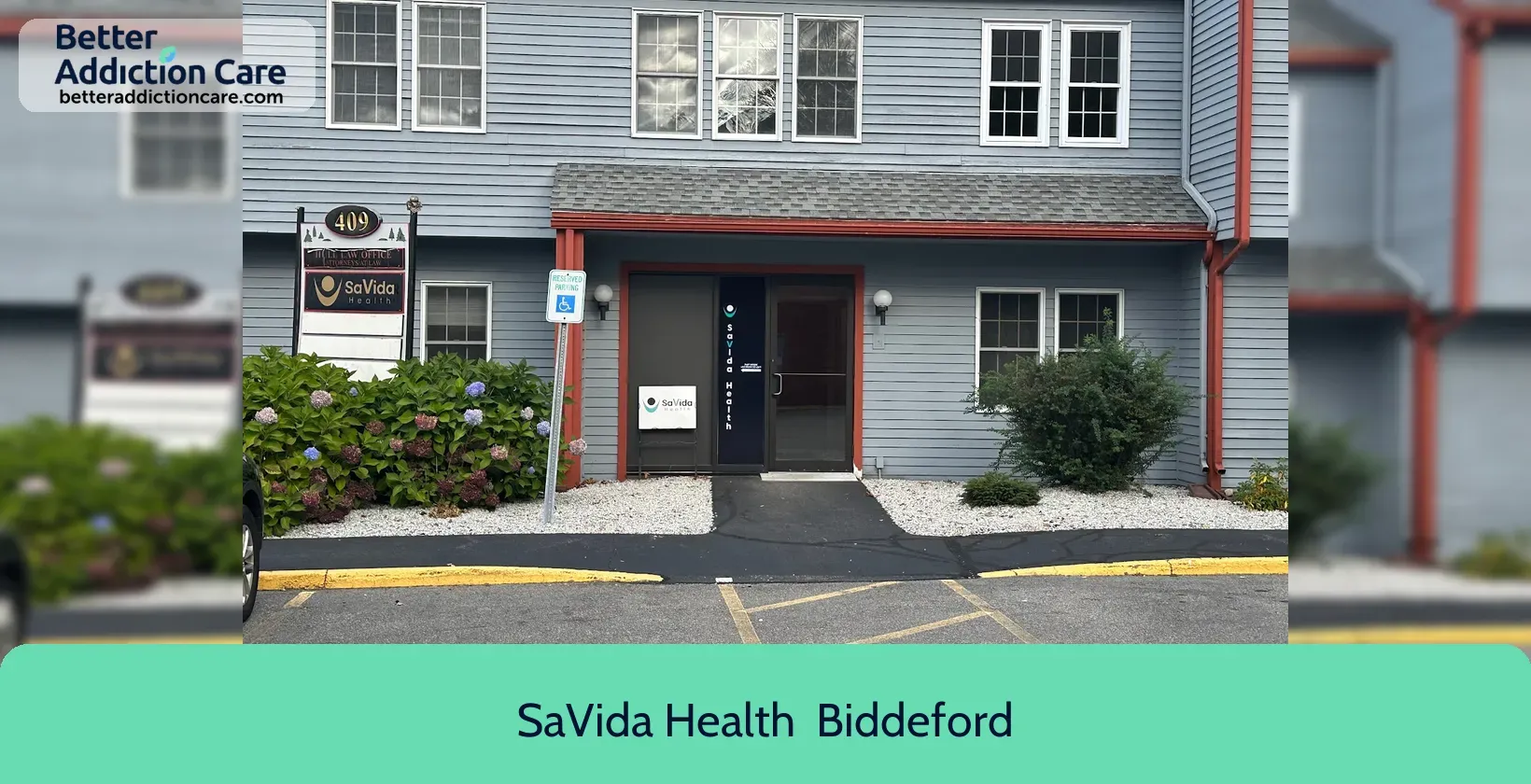
6.53
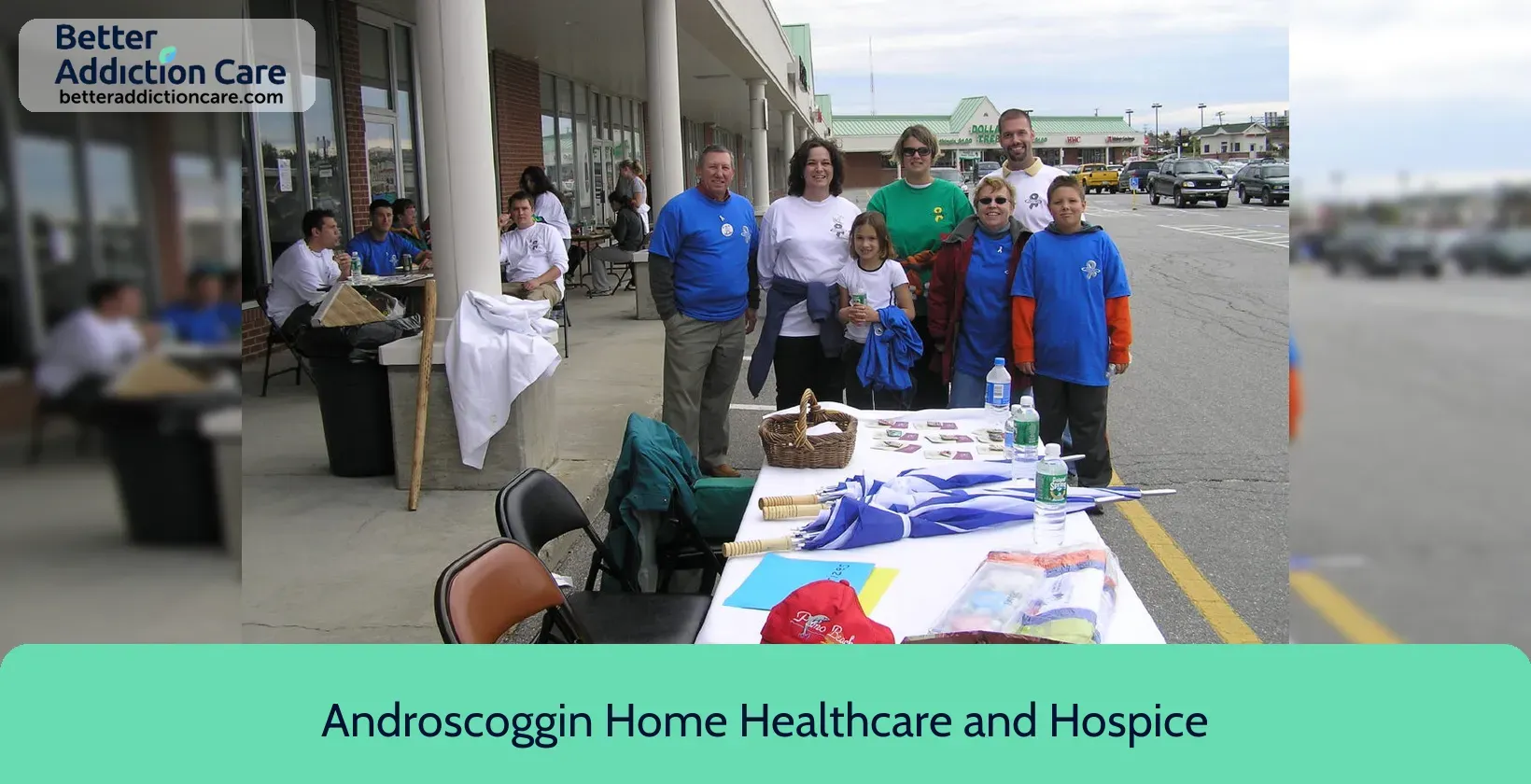
6.56
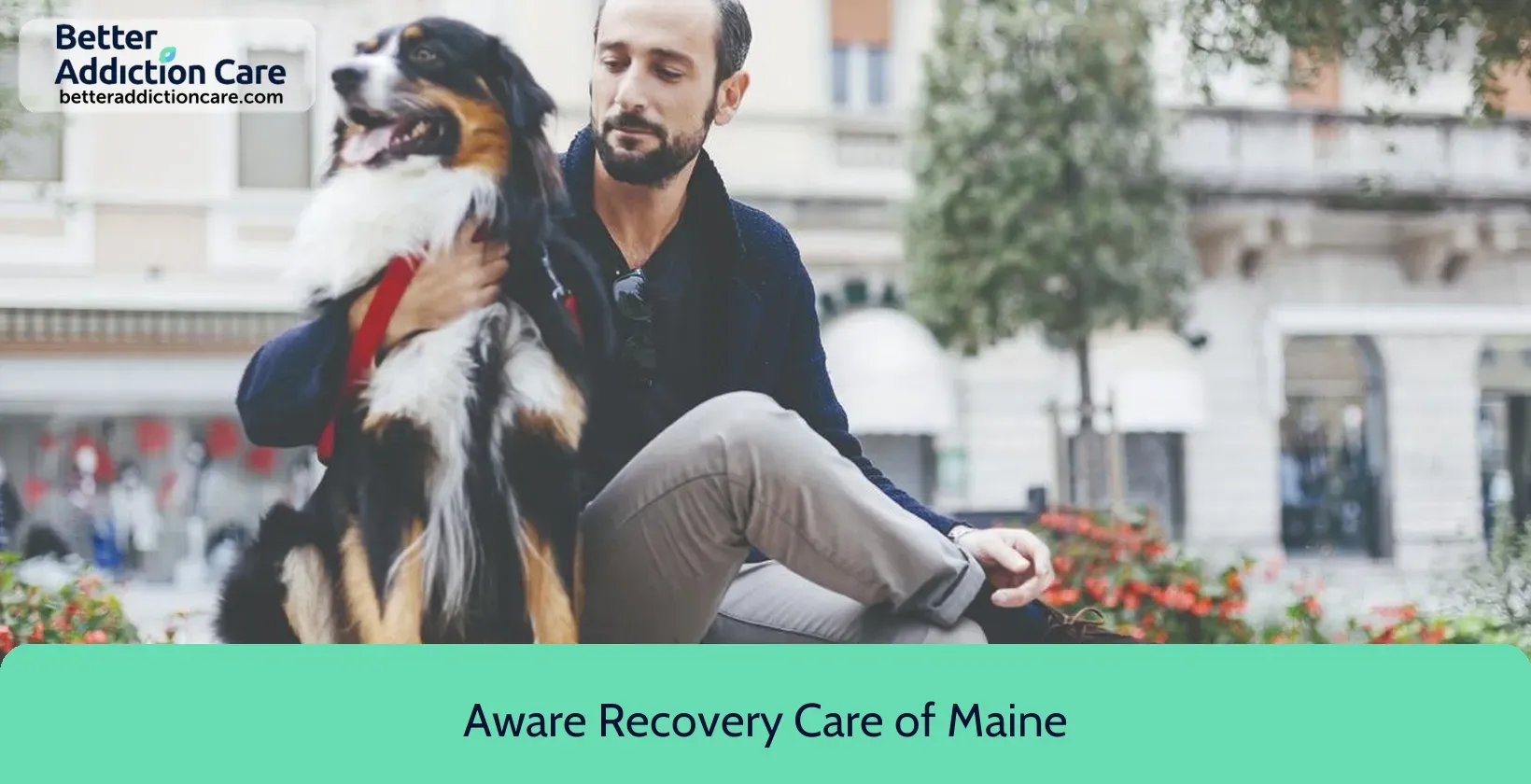
6.70
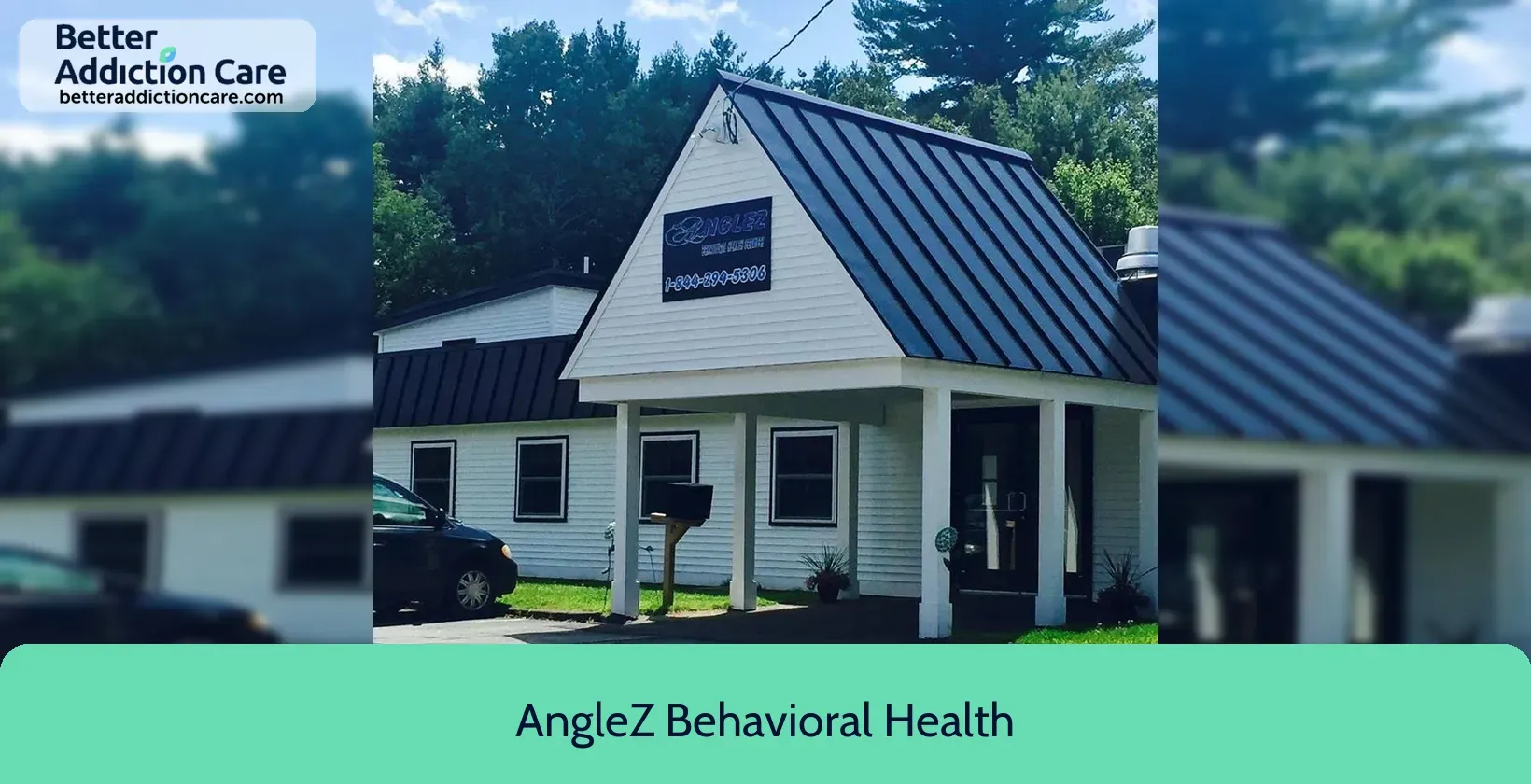
7.11
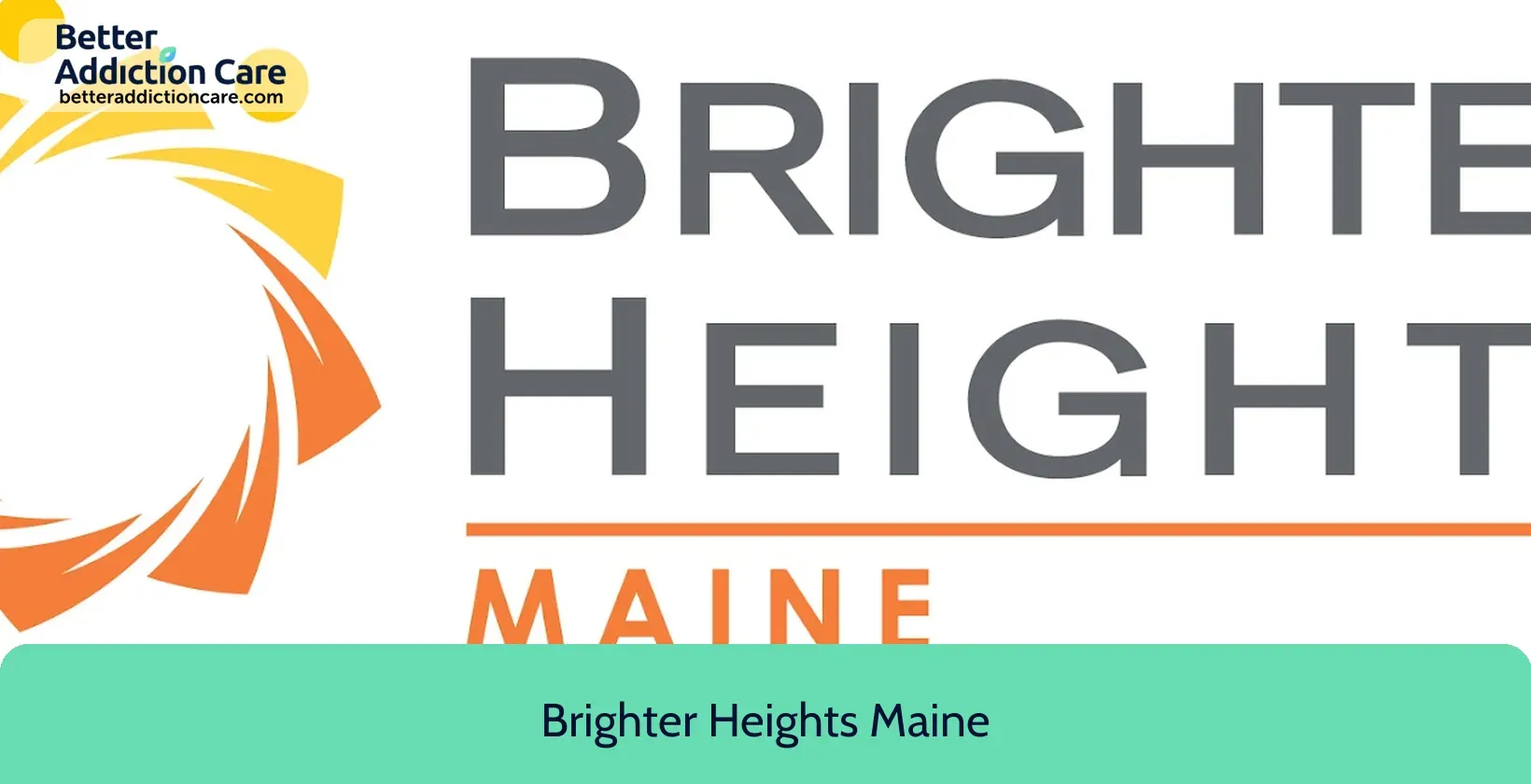
7.08
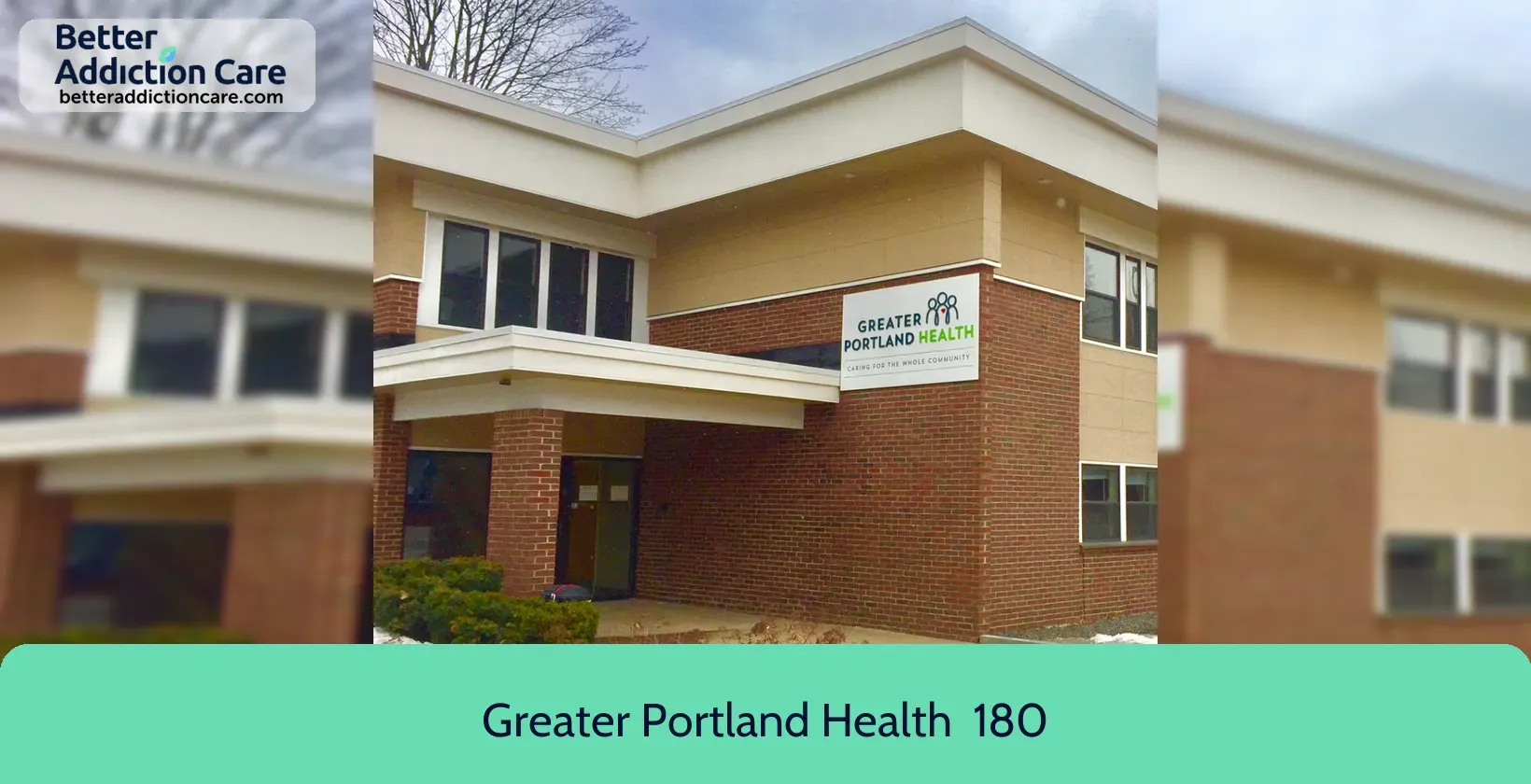
7.34
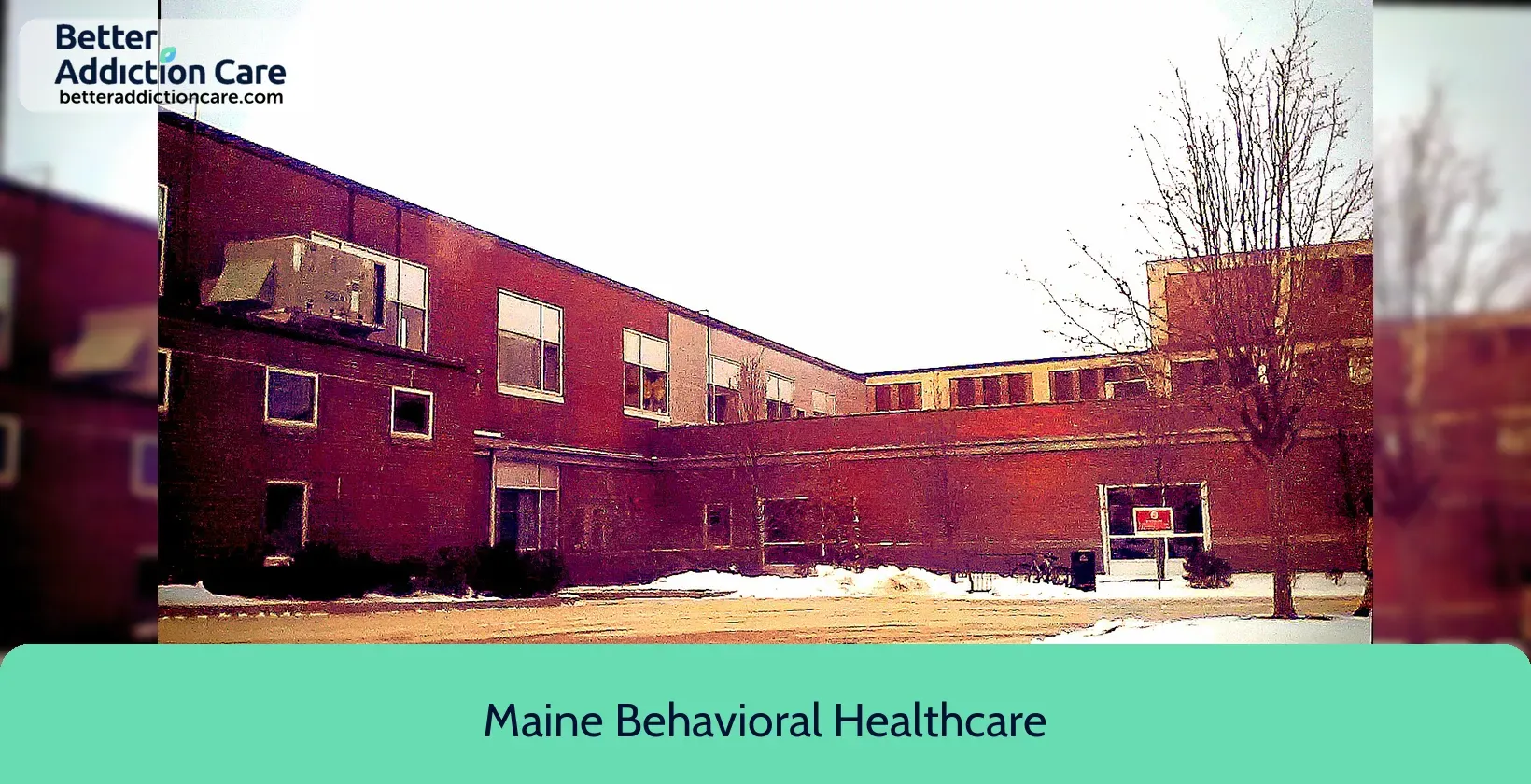
6.68
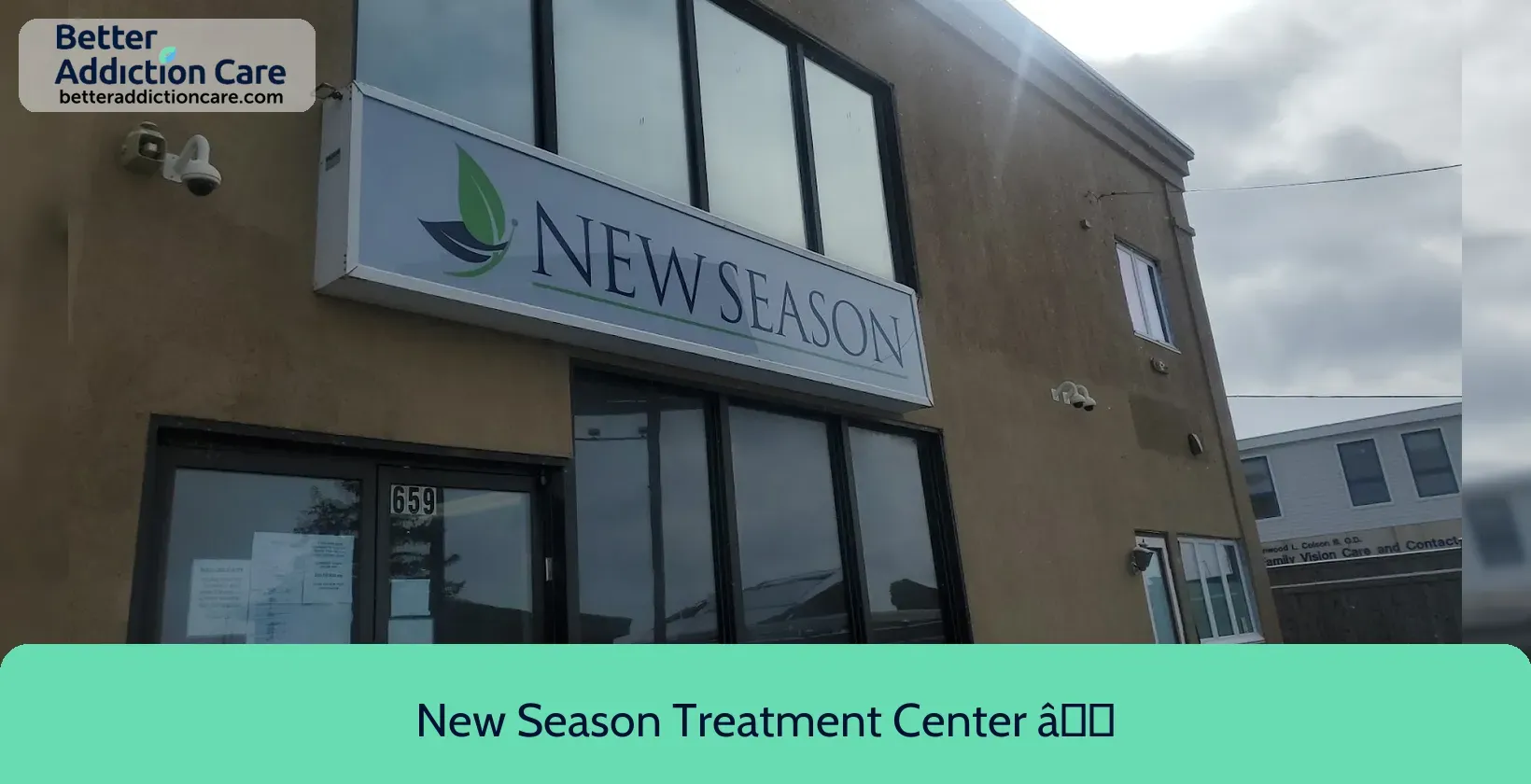
6.96
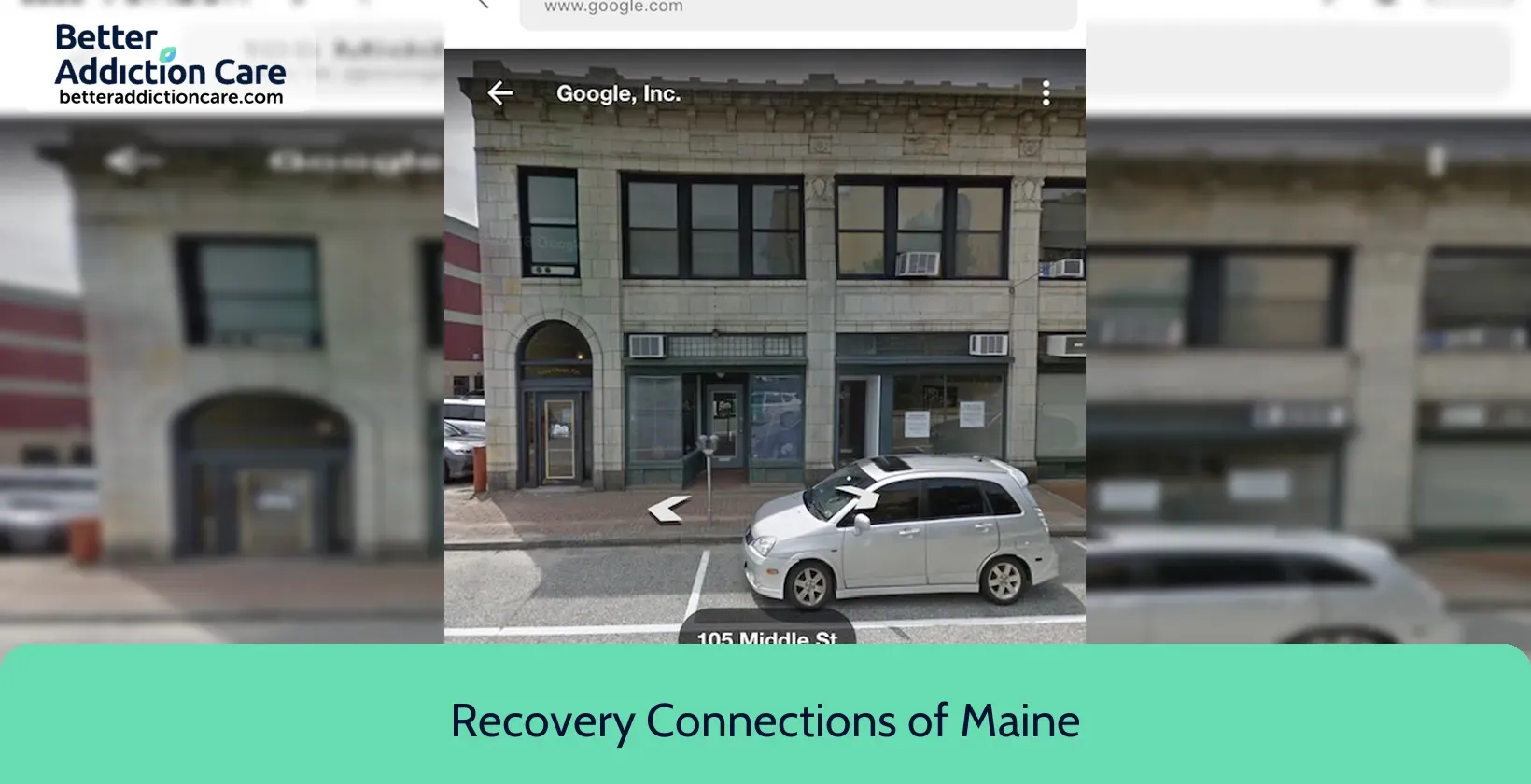
7.20
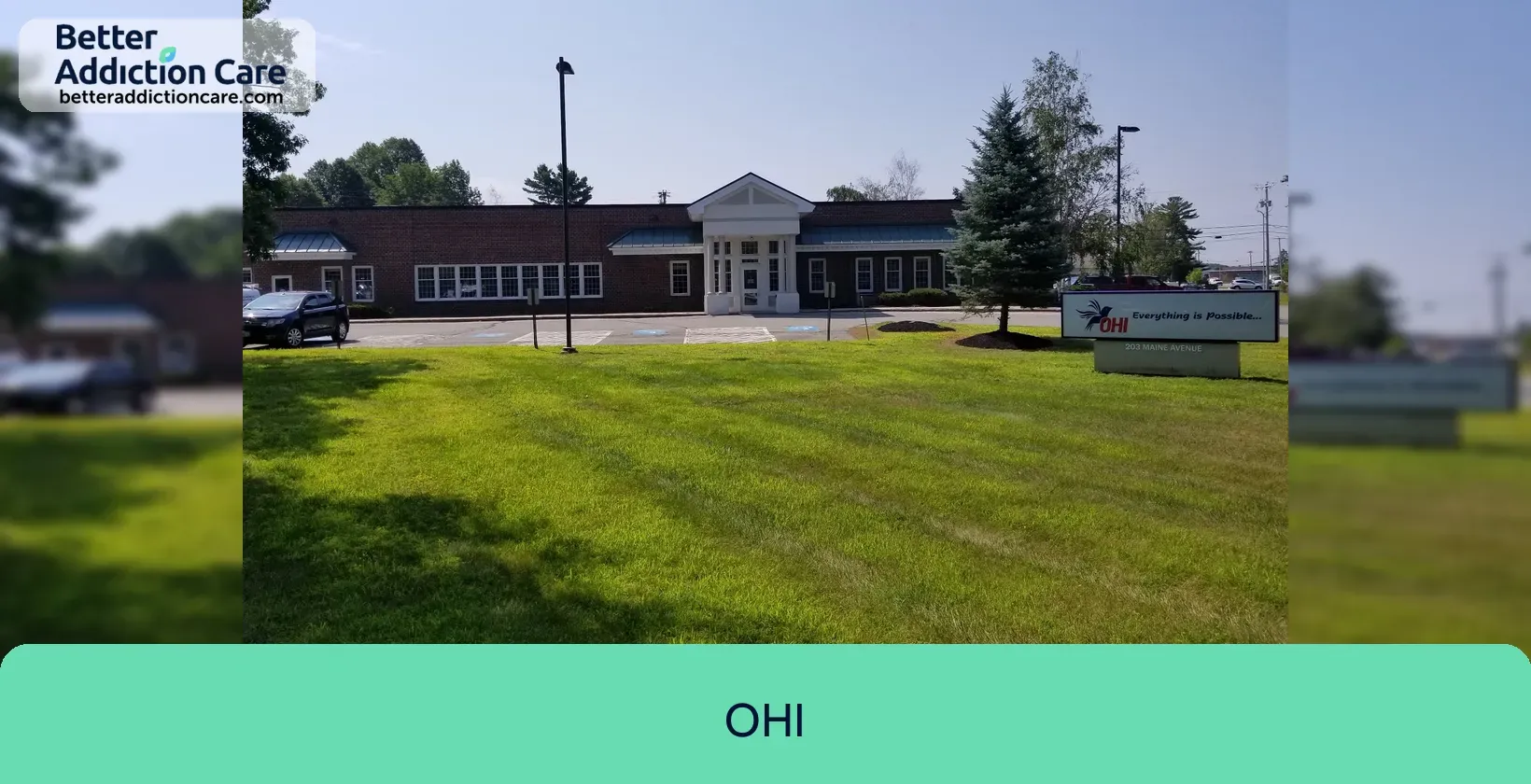
6.56

7.20
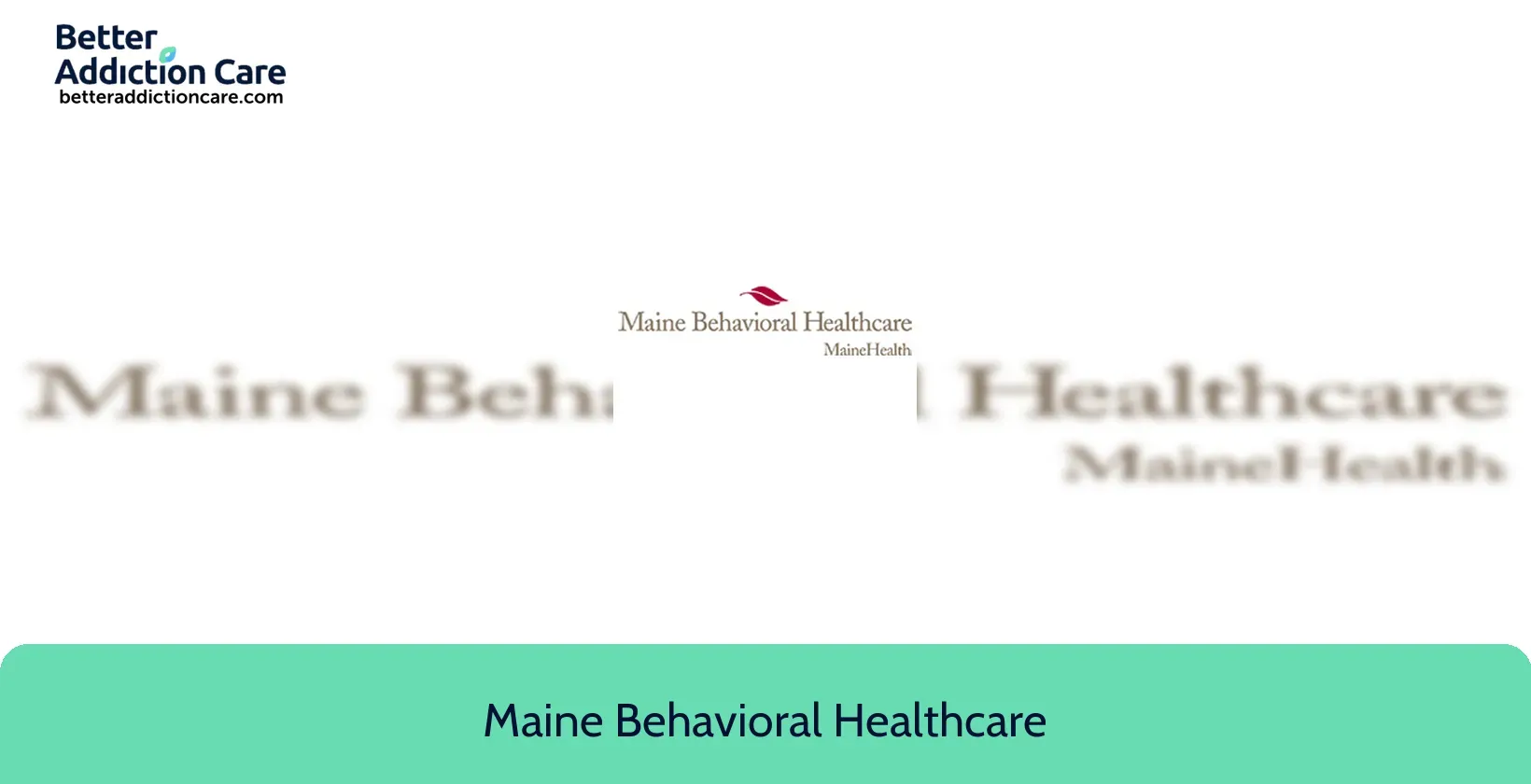
7.31
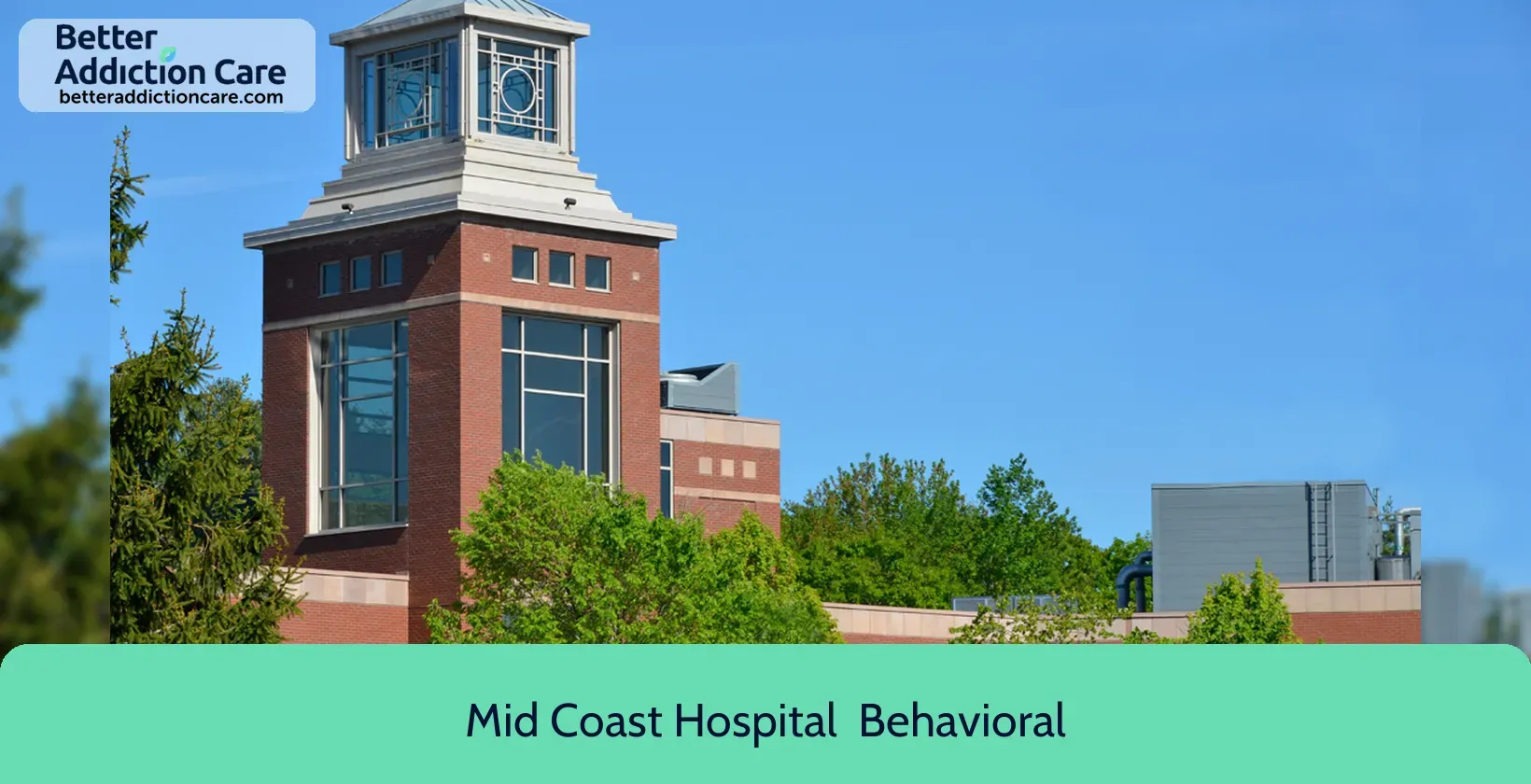
6.59

6.79

6.76

6.73

6.85

7.21

7.00

7.22

6.80

7.47

7.27

7.26

6.72

7.15
Local Rehabs in Maine
Substance abuse and Mental Health facilities Report for Maine
10th
Cheapest To Most Expensive State Rank
220
Substance Abuse Facilities
14,550
Number of Patients Annually
14,325
Annual Enrollments
$24M
Spent on Outpatient Services (Million)
$1,709.00
Avg Outpatient Rehab Cost
185
Residential Admissions
$10M
Spent on Residential Treatment (Million)
$56,108.00
Residential Rehab Pay (Up To)
40
Total Patients
1
Free Drug Rehab Facilities
Alcoholism, Drug Abuse, Mental Health, and Treatment in Maine
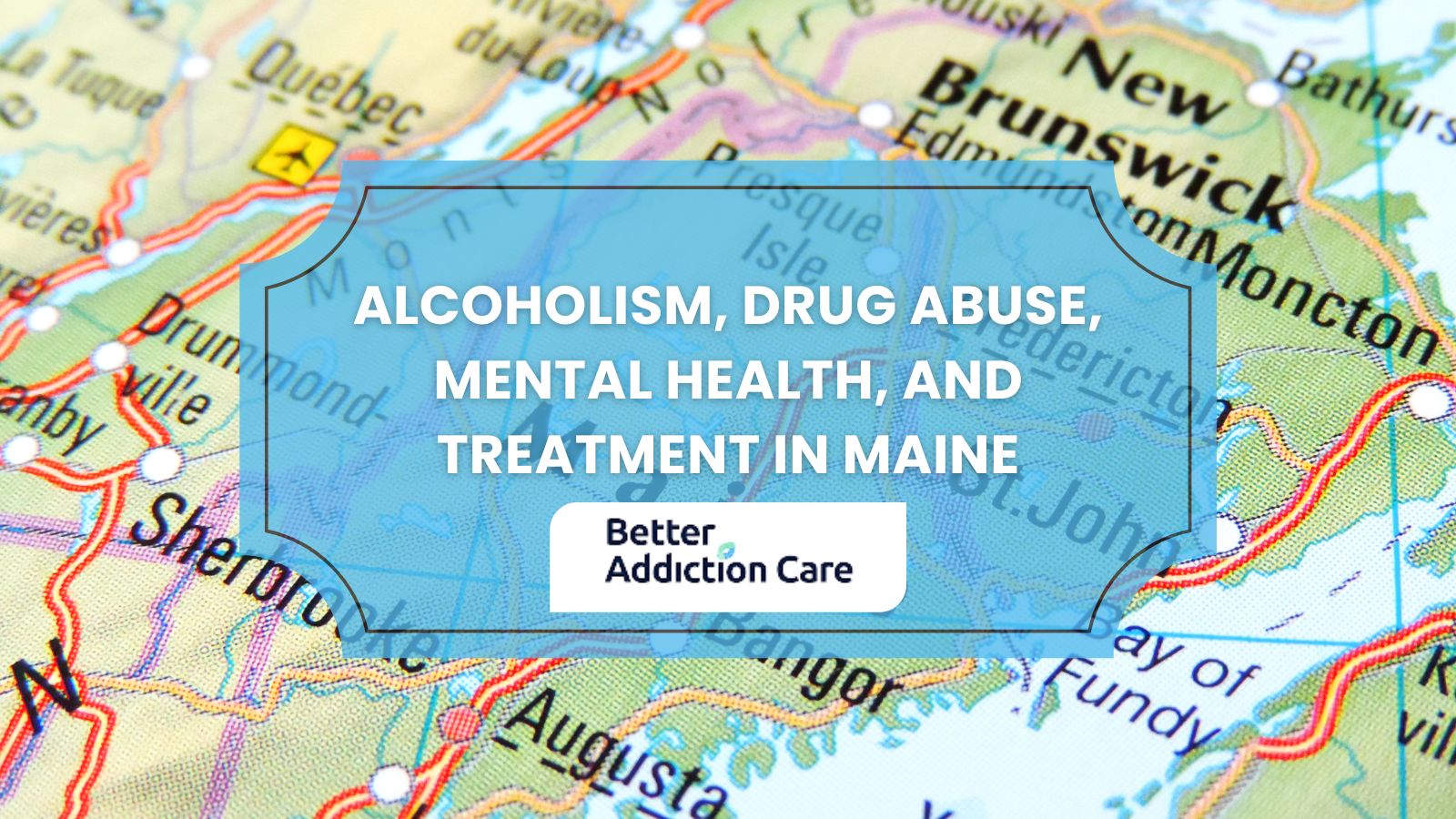
What are the main addictions people in Maine suffer from?
The main addictions people in Maine suffer from include
- Alcohol Addiction: 127,000 individuals aged 12 or older reported Alcohol Addiction in the past year, representing 10.51% of this age group. 87,000 (68%) Males are more likely to experience AUD than 40,000 (31%) females. While females have lower rates of AUD compared to males, they develop dependence faster and with lower amounts of alcohol due to biological differences.
- Marijuana Addiction: 124,000 individuals aged 12 or older reported marijuana addiction in the past year, accounting for 10.28% of this age group. 79,000 (63%) Males have higher rates of marijuana use compared to 45,000 (36%) females. Females have lower rates of marijuana use compared to males.
- Tobacco Addiction: 246,000 individuals aged 12 or older reported tobacco product use in the past month, representing 20.38% of this age group. 149,000 (60.5%) Males generally have higher rates of tobacco use compared to 97,000 (39%) females. Females have lower rates of tobacco use compared to males.
- Opioid Addiction: 27,000 individuals aged 12 or older reported OUD in the past year, accounting for 2.21% of this age group. 15,000 (55.5%) Males are more likely to experience OUD than 12,000 (44.4%) females. Females have lower rates of OUD compared to males.
- Cocaine Addiction: 25,000 individuals aged 12 or older reported cocaine use in the past year, representing 2.04% of this age group. 15,000 (60%) Males have higher rates of cocaine use compared to 10,000 (40%) females. Females have lower rates of cocaine use compared to males.
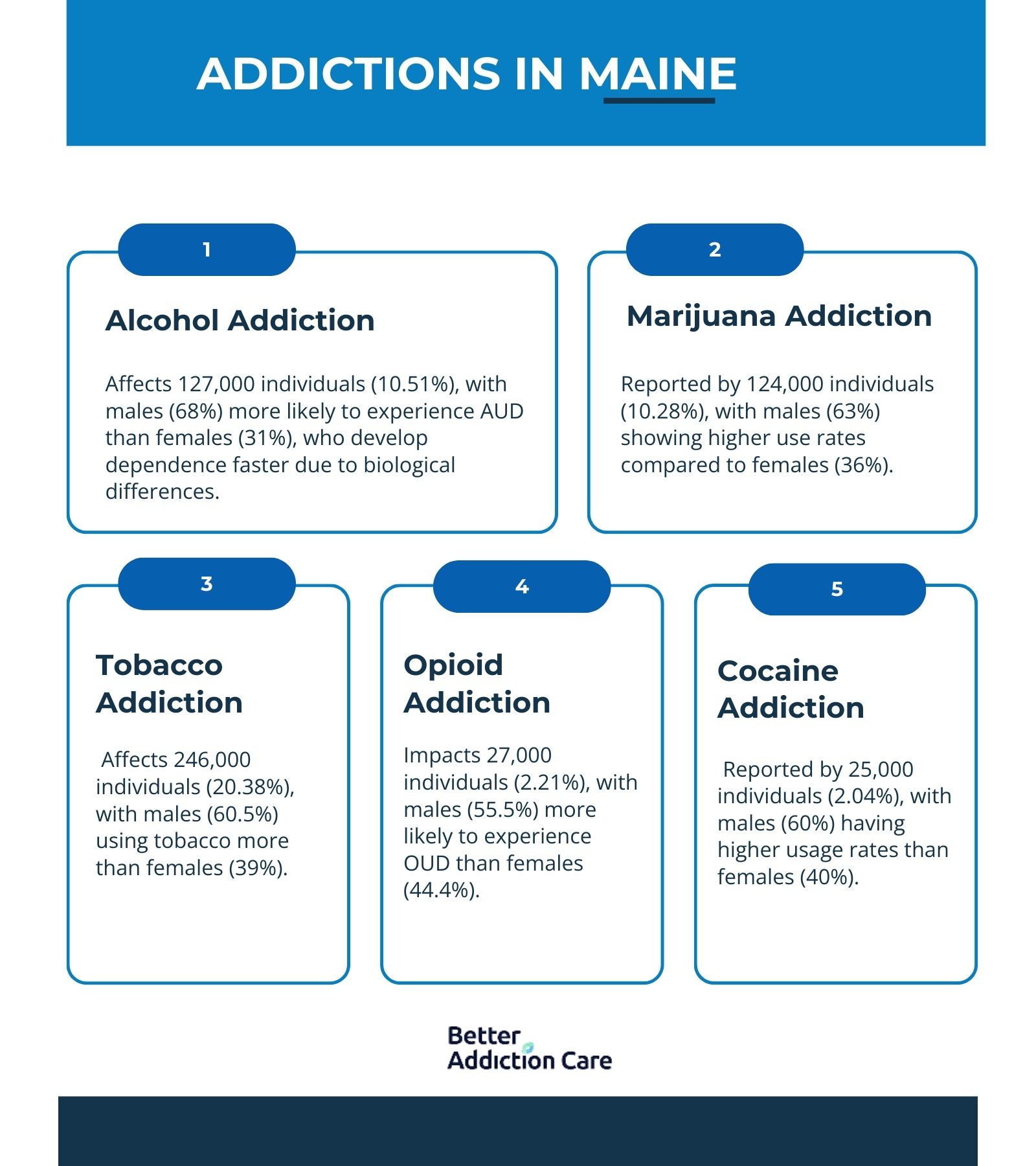
These statistics highlight the prevalence of various substance addiction in Maine and underscore the importance of targeted prevention and treatment efforts.
What is the cost of rehab centers in Maine?
The cost of rehab centers in Maine is $56,108, which equates to 82%. Inpatient programs, which are more intensive, cost $623.42 per day without insurance, totaling about $18,702.60 for a 30-day program. On the other hand, outpatient programs are less intensive and cost roughly $59.97 per day, amounting to $1,799.10 for a 30-day program.
The cost of rehab centers in Maine vary significantly depending on the type of addiction being treated. For example, alcohol addiction treatment cost $50,469, which is about 10% less than the state of Maine average, while treatment for drug addiction increased expenses by up to 20%, raising costs to $67,330. The type of rehab program also plays a significant role in cost variations.
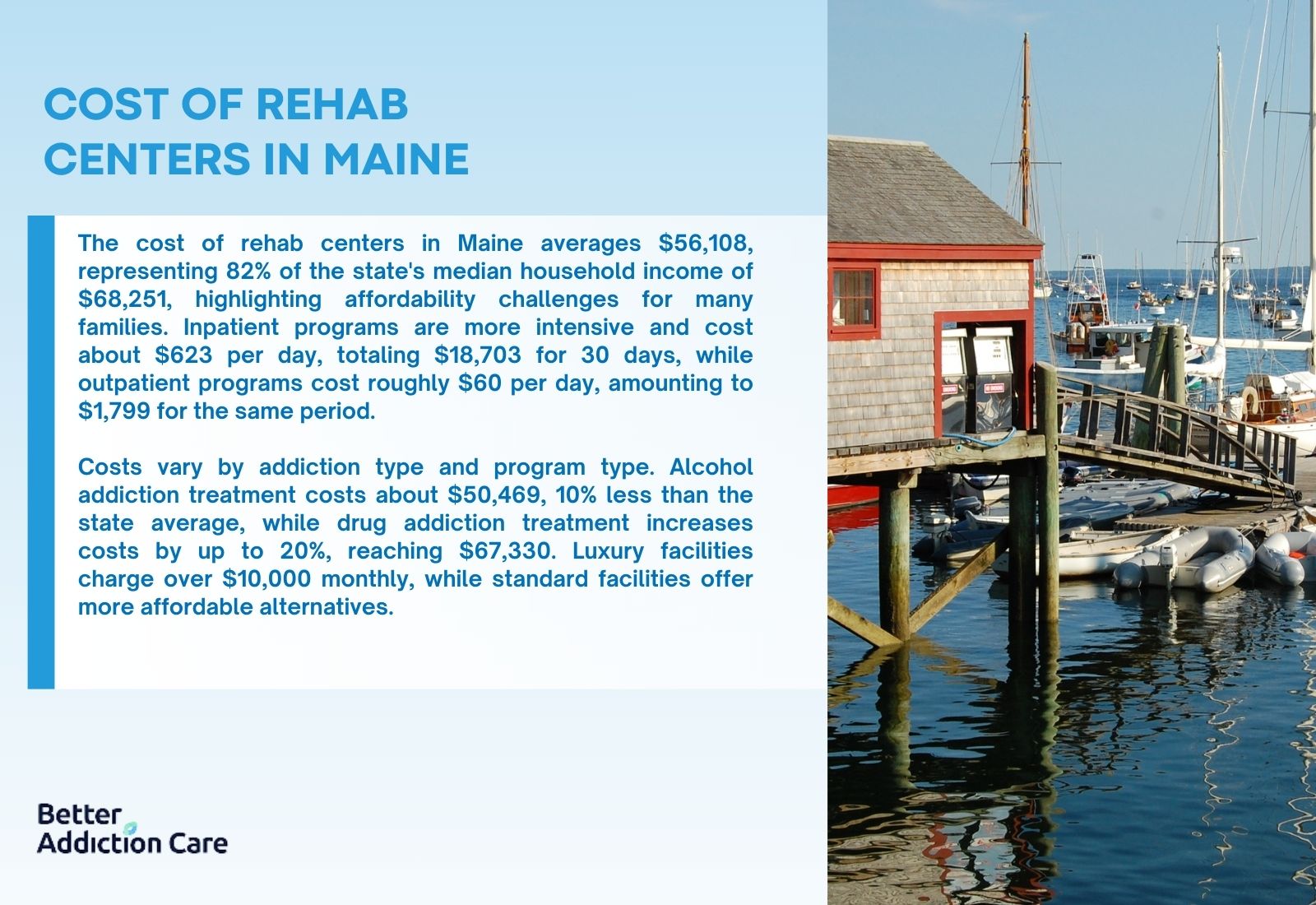
The median household income in Maine is $68,251. A single treatment program at the average cost of $56,108 accounts for 82% of the annual median household income, posing affordability challenges for many families. It becomes evident that rehab represents a substantial financial burden. The type of rehab center further influences costs. Luxury facilities offering specialized services charge over $10,000 per month, while standard facilities provide more cost-effective options.
What is the cost of LGBTQ+ rehab centers in Maine?
The cost of LGBTQ+ rehab centers in Maine is $54,108, which equates to 79%. Inpatient programs, which are more intensive, cost $623.42 per day without insurance, totaling about $18,702.60 for a 30-day program. On the other hand, outpatient programs are less intensive and cost roughly $59.97 per day, amounting to $1,799.10 for a 30-day program.
The cost of LGBTQ+ rehab centers in Maine vary significantly depending on the type of addiction being treated. For example, alcohol addiction treatment cost $50,469, which is about 10% less than the state of Maine average, while treatment for drug addiction increased expenses by up to 20%, raising costs to $67,330. The type of rehab program also plays a significant role in cost variations.
The median household income in Maine is $68,251. The cost of LGBTQ+ rehab centers in Maine is $54,108 accounts for 79% of the annual median household income, posing affordability challenges for many families. It becomes evident that LGBTQ+ rehab represents a substantial financial burden. The type of rehab center further influences costs. Luxury facilities offering specialized services charge over $10,000 per month, while standard facilities provide more cost-effective options.
What is the cost of Faith-Based rehab centers in Maine?
The cost of Faith-Based Rehab centers in Maine is $55,008, which equates to 80.5%. Inpatient programs, which are more intensive, cost $623.42 per day without insurance, totaling about $18,702.60 for a 30-day program. On the other hand, outpatient programs are less intensive and cost $59.97 per day, amounting to $1,799.10 for a 30-day program.
The cost of Faith-Based rehab centers in Maine vary significantly depending on the type of addiction being treated. For example, alcohol addiction treatment cost $50,469, which is about 10% less than the state of Maine average, while treatment for drug addiction increased expenses by up to 20%, raising costs to $67,330. The type of rehab program also plays a significant role in cost variations.
The median household income in Maine is $68,251. The cost of Faith-Based Rehab centers in Maine is$55,008 accounts for 80.5% of the annual median household income, posing affordability challenges for many families. It becomes evident that Faith-Based rehab represents a substantial financial burden. The type of rehab center further influences costs. Luxury facilities offering specialized services charge over $10,000 per month, while standard facilities provide more cost-effective options.
What is the cost of Men-Only rehab centers in Maine?
The cost of Men-Only rehab centers in Maine is $55,790, which equates to 81%. Inpatient programs, which are more intensive, cost $623.42 per day without insurance, totaling about $18,702.60 for a 30-day program. On the other hand, outpatient programs are less intensive and cost $59.97 per day, amounting to $1,799.10 for a 30-day program.
The cost of Men-Only rehab centers in Maine vary significantly depending on the type of addiction being treated. For example, alcohol addiction treatment cost $50,469, which is about 10% less than the state of Maine average, while treatment for drug addiction increased expenses by up to 20%, raising costs to $67,330. The type of rehab program also plays a significant role in cost variations.
The median household income in Maine is $68,251. The cost of Men-Only rehab centers in Maine is $55,790 accounts for 81% of the annual median household income, posing affordability challenges for many families. It becomes evident that Men-Only rehab represents a substantial financial burden. The type of rehab center further influences costs. Luxury facilities offering specialized services charge over $10,000 per month, while standard facilities provide more cost-effective options.
What is the cost of Women-Only rehab centers in Maine?
The cost of Women-Only rehab centers in Maine is $52,000, which equates to 76%. Inpatient programs, which are more intensive, cost $623.42 per day without insurance, totaling about $18,702.60 for a 30-day program. On the other hand, outpatient programs are less intensive and cost $59.97 per day, amounting to $1,799.10 for a 30-day program.
The cost of Women-Only rehab centers in Maine vary significantly depending on the type of addiction being treated. For example, alcohol addiction treatment cost $50,469, which is about 10% less than the state of Maine average, while treatment for drug addiction increased expenses by up to 20%, raising costs to $67,330. The type of rehab program also plays a significant role in cost variations.
The median household income in Maine is $68,251. The cost of Women-Only rehab centers in Maine is $52,000 accounts for 76% of the annual median household income, posing affordability challenges for many families. It becomes evident that Women-Only rehab represents a substantial financial burden. The type of rehab center further influences costs. Luxury facilities offering specialized services charge over $10,000 per month, while standard facilities provide more cost-effective options.
What is the cost of Teen rehab centers in Maine?
The cost of Teen rehab centers in Maine is $54,100, which equates to 79%. Inpatient programs, which are more intensive, cost $623.42 per day without insurance, totaling about $18,702.60 for a 30-day program. On the other hand, outpatient programs are less intensive and cost $59.97 per day, amounting to $1,799.10 for a 30-day program.
The cost of Teen rehab centers in Maine vary significantly depending on the type of addiction being treated. For example, alcohol addiction treatment cost $50,469, which is about 10% less than the state of Maine average, while treatment for drug addiction increased expenses by up to 20%, raising costs to $67,330. The type of rehab program also plays a significant role in cost variations.
The median household income in Maine is $68,251. The cost of Teen rehab centers in Maine is $54,100 accounts for 79% of the annual median household income, posing affordability challenges for many families. It becomes evident that Teen rehab represents a substantial financial burden. The type of rehab center further influences costs. Luxury facilities offering specialized services charge over $10,000 per month, while standard facilities provide more cost-effective options.
What is the cost of Young Adult rehab centers in Maine?
The cost of Young Adult rehab centers in Maine is $53,000, which equates to 77%. Inpatient programs, which are more intensive, cost $623.42 per day without insurance, totaling about $18,702.60 for a 30-day program. On the other hand, outpatient programs are less intensive and cost $59.97 per day, amounting to $1,799.10 for a 30-day program.
The cost of Young Adult rehab centers in Maine vary significantly depending on the type of addiction being treated. For example, alcohol addiction treatment cost $50,469, which is about 10% less than the state of Maine average, while treatment for drug addiction increased expenses by up to 20%, raising costs to $67,330. The type of rehab program also plays a significant role in cost variations.
The median household income in Maine is $68,251. The cost of Young Adult rehab centers in Maine is $53,000 accounts for 77% of the annual median household income, posing affordability challenges for many families. It becomes evident that Young Adult rehab represents a substantial financial burden. The type of rehab center further influences costs. Luxury facilities offering specialized services charge over $10,000 per month, while standard facilities provide more cost-effective options.
What is the cost of Luxury Rehab centers in Maine?
The cost of Luxury Rehab centers in Maine is $60,000, which equates to 87%. Inpatient programs, which are more intensive, charge over $10,000 per month, leading to a total cost of $30,000 for a standard 30-day program, which is about 53% less than the state average. On the other hand, outpatient programs are less intensive and cost roughly $59.97 per day, amounting to $1,799.10 for a 30-day program.
The cost of Luxury rehab centers in Maine vary significantly depending on the type of addiction being treated. For example, alcohol addiction treatment cost $50,469, which is about 10% less than the state of Maine average, while treatment for drug addiction increased expenses by up to 20%, raising costs to $67,330. The type of rehab program also plays a significant role in cost variations.
The median household income in Maine is $68,251. The cost of Luxury Rehab centers in Maine is $60,000 and accounts for 87% of the annual median household income. The type of rehab center further influences costs. Luxury facilities offering specialized services charge over $10,000 per month, while standard facilities provide more cost-effective options.
What is the cost of Dual Diagnosis rehab centers in Maine?
The cost of Dual Diagnosis rehab centers in Maine is $50,108, which equates to 73%. Inpatient programs, which are more intensive, cost $623.42 per day without insurance, totaling about $18,702.60 for a 30-day program. On the other hand, outpatient programs are less intensive and cost roughly $59.97 per day, amounting to $1,799.10 for a 30-day program.
The cost of Dual Diagnosis rehab centers in Maine vary significantly depending on the type of addiction being treated. For example, alcohol addiction treatment cost $50,469, which is about 10% less than the state of Maine average, while treatment for drug addiction increased expenses by up to 20%, raising costs to $67,330. The type of rehab program also plays a significant role in cost variations.
The median household income in Maine is $68,251. The cost of Dual Diagnosis rehab centers in Maine is $50,108 accounts for 73% of the annual median household income, posing affordability challenges for many families. It becomes evident that Dual Diagnosis rehab represents a substantial financial burden. The type of rehab center further influences costs. Luxury facilities offering specialized services charge over $10,000 per month, while standard facilities provide more cost-effective options.
Is drug abuse and addiction a problem in Maine?
Yes, drug abuse and addiction is a problem in Maine. First, the state of Maine has experienced a substantial number of drug overdose deaths over the years. Between 2000 and 2024, over 6,100 Maine residents lost their lives due to drug overdoses. Secondly, the availability of illicit drugs in schools is concerning. In 2024, nearly 23% of high school students reported being offered, sold, or given an illegal drug on school property, indicating early exposure and potential initiation into drug use. Thirdly, the misuse of prescription medications has been prevalent. Data from 2020 to 2024 show fluctuations in the number of prescriptions dispensed for opiate agonists, sedatives, and stimulants, reflecting ongoing challenges in controlling prescription drug misuse.
Over the years, Maine has seen changes in drug addiction patterns. For instance, the number of fatal drug overdoses increased from 380 in 2022 to 515 in 2023, marking a 36% rise. This trend continued with an estimated 23% increase to 636 deaths in 2024.
Is alcoholism a problem in Maine?
Yes, alcoholism is a problem in Maine. First, Maine has a high prevalence of binge drinking among adults; 19.5% of adults over 18 engage in binge drinking at least once per month, with the top 25% of these individuals consuming a median of 7.1 drinks per binge. Secondly, alcohol-related fatalities constitute a substantial portion of driving deaths; from 2019 to 2024, 31.2% of all driving fatalities in Maine involved alcohol. Thirdly, excessive alcohol consumption leads to numerous deaths annually; Maine averages 2,278 deaths each year attributable to excessive alcohol use.
Over the years, these statistics have shown persistent challenges, indicating that alcoholism remains a critical public health issue in the state of Maine.
Is Mental Health a problem in Maine?
Yes, mental health is a problem in Maine. Firstly, a substantial portion of the adult population is affected; 223,000 adults in Maine have a mental health condition, which is more than 11 times the population of Augusta. Secondly, many individuals face challenges in accessing necessary care; in February 2024, 37.5% of adults reported symptoms of anxiety or depression, yet 12.8% were unable to receive needed counseling or therapy. Thirdly, the prevalence of serious mental illness is notable; 61,000 adults in Maine experience serious mental illness annually.
Over the years, these issues have persisted, with data indicating ongoing challenges in mental health prevalence and access to care. For instance, in 2024, 5.4% of adults aged 18 or older in Maine reported serious thoughts of suicide, an increase from 4.5% in 2012–2022. The COVID-19 pandemic has exacerbated mental health challenges, with more than half of Americans reporting a negative impact on their mental health. These statistics of mental health problems in Maine underscore the critical need for enhanced mental health services and support systems within the state of Maine.
Can you travel to Maine for rehab?
Yes, you can travel to Maine for rehab, and Maine offers unique advantages that make it an appealing destination for recovery. Firstly, Maine's natural environment is a key draw, with its serene coastal landscapes, dense forests, and tranquil settings providing a peaceful atmosphere conducive to healing and self-reflection. Secondly, the state of Maine is home to specialized rehab centers that cater to a wide range of needs, including treatment for substance abuse, mental health issues, and co-occurring disorders, often with personalized programs tailored to individual recovery goals. Thirdly, Maine's strong community support networks and emphasis on holistic therapies, such as outdoor activities and mindfulness practices, set it apart as a destination where individuals focus on recovery while reconnecting with themselves in a supportive and restorative environment. These features make Maine a distinctive and beneficial choice for those seeking comprehensive care in a setting that promotes well-being.
Can addiction be treated in Maine?
Yes, addiction can be treated in Maine, and there are several reasons why the state of Maine is well-equipped to support recovery. Firstly, Maine has a wide range of rehab centers offering evidence-based treatments, including detoxification, counseling, and medication-assisted therapies such as methadone or buprenorphine for opioid addiction. Secondly, the state of Maine provides access to various support networks, such as 12-step programs and peer recovery organizations, which play a crucial role in long-term recovery.
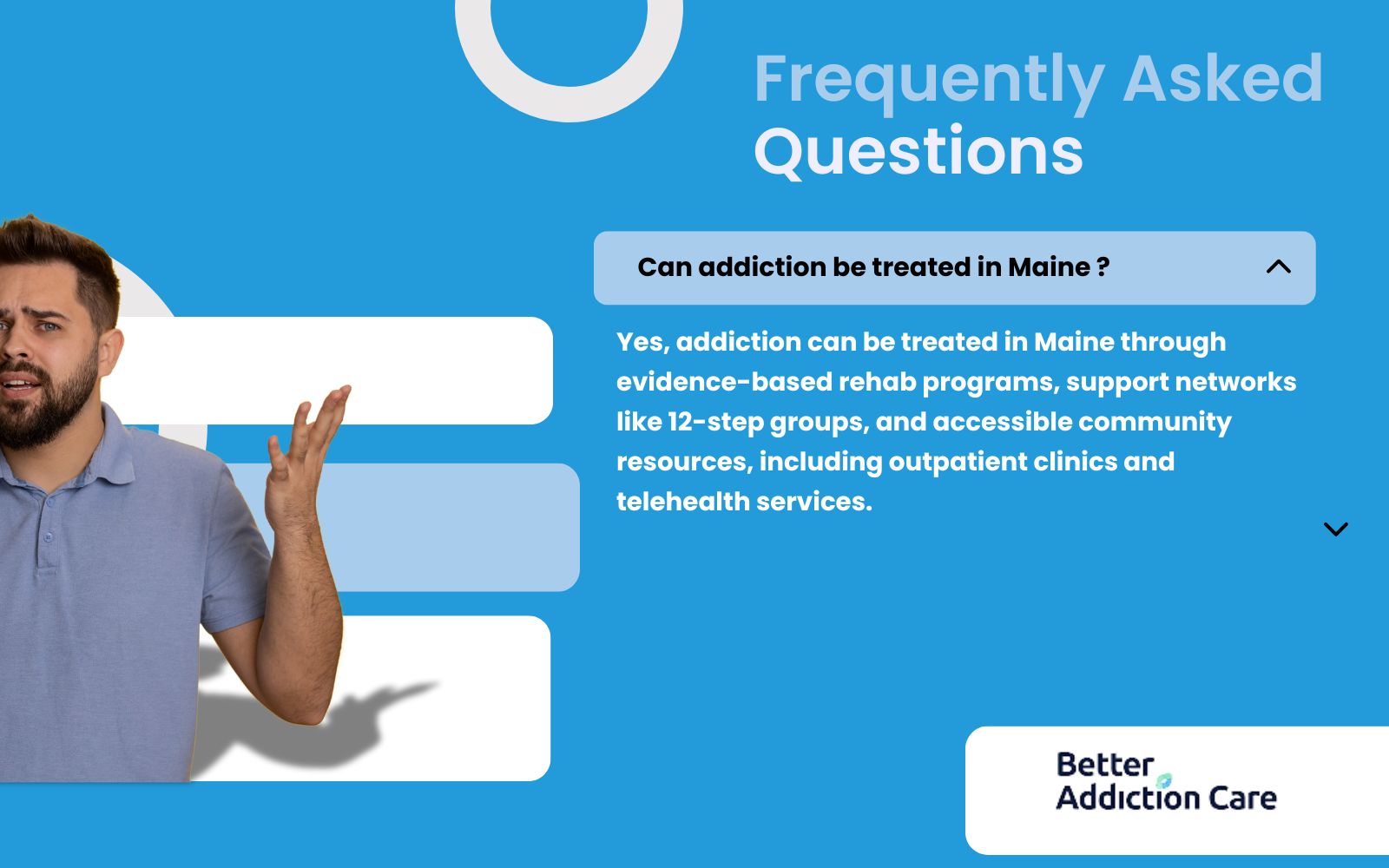
Thirdly, Maine emphasizes community-based resources, including outpatient clinics and telehealth services, ensuring that treatment is accessible and tailored to meet the diverse needs of individuals seeking help. These comprehensive resources make Maine a viable place for effective addiction treatment.
What is the state of Maine?
The state of Maine is the northeastern state of the U.S. Maine, located in the northeastern United States, is bordered by New Hampshire to the west, the Atlantic Ocean to the southeast, and the Canadian provinces of Quebec and New Brunswick to the northwest and northeast, respectively. Maine's population was at 1,395,722, with a gender distribution of 51% female and 49% male.
Economically, Maine's gross state product ranks 44th among U.S. states and Washington, D.C., indicating a relatively modest economic standing. The state of Maine's economy is diverse, encompassing sectors such as healthcare, tourism, and manufacturing. However, Maine faces challenges, including a shrinking labor force and disparities in economic growth between urban and rural areas.
These factors contribute to Maine's position as neither among the wealthiest nor the poorest states in the nation.
What is the population of Maine?
The population of Maine is 1,395,722. 51% of the population is female, equating to about 711,818 individuals, while males comprise around 49%, totaling 683,904 individuals. The age distribution is as follows: 19.1% are under 18 years old, amounting to 266,583 individuals; 60.1% are between 18 and 64 years old, 838,829 individuals; and 20.8% are 65 years and older, totaling 290,310 individuals. This demographic profile indicates that Maine has a relatively older population compared to national averages, with a higher proportion of residents in the senior age bracket.
What is the income of people from Maine?
The income of people from Maine is $39,718, per capita income, with a median household income of $68,251. Income levels vary significantly across age groups, with individuals aged 15 to 24 earning $27,865, those aged 25 to 44 earning $44,231, and individuals aged 45 to 64 earning $53,865. For older residents, income tends to decrease, with those aged 65 to 74 earning $51,800, individuals aged 75 to 84 earning $41,234, and those over 85 earning $36,093. Gender disparities are evident as well, with males earning a median income of $53,190 compared to $43,123 for females. These figures highlight variations in income based on age and gender, reflecting broader economic patterns within the state of Maine.


